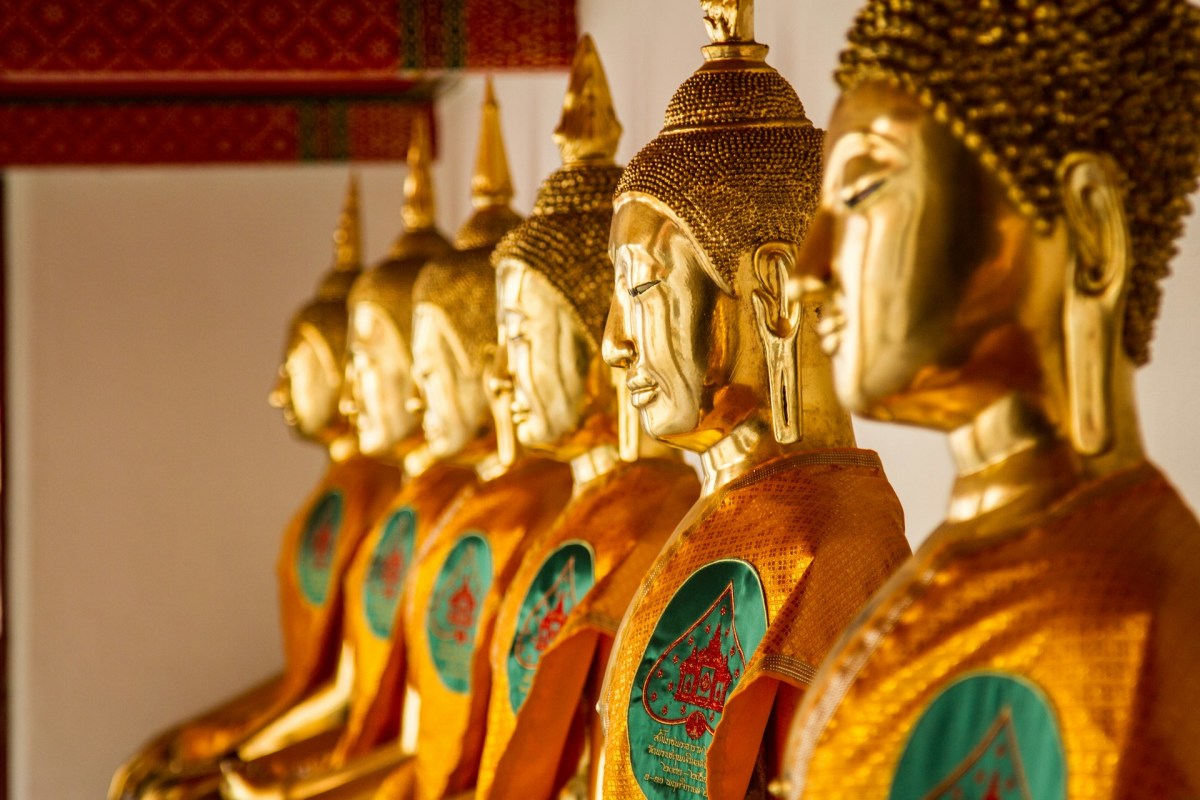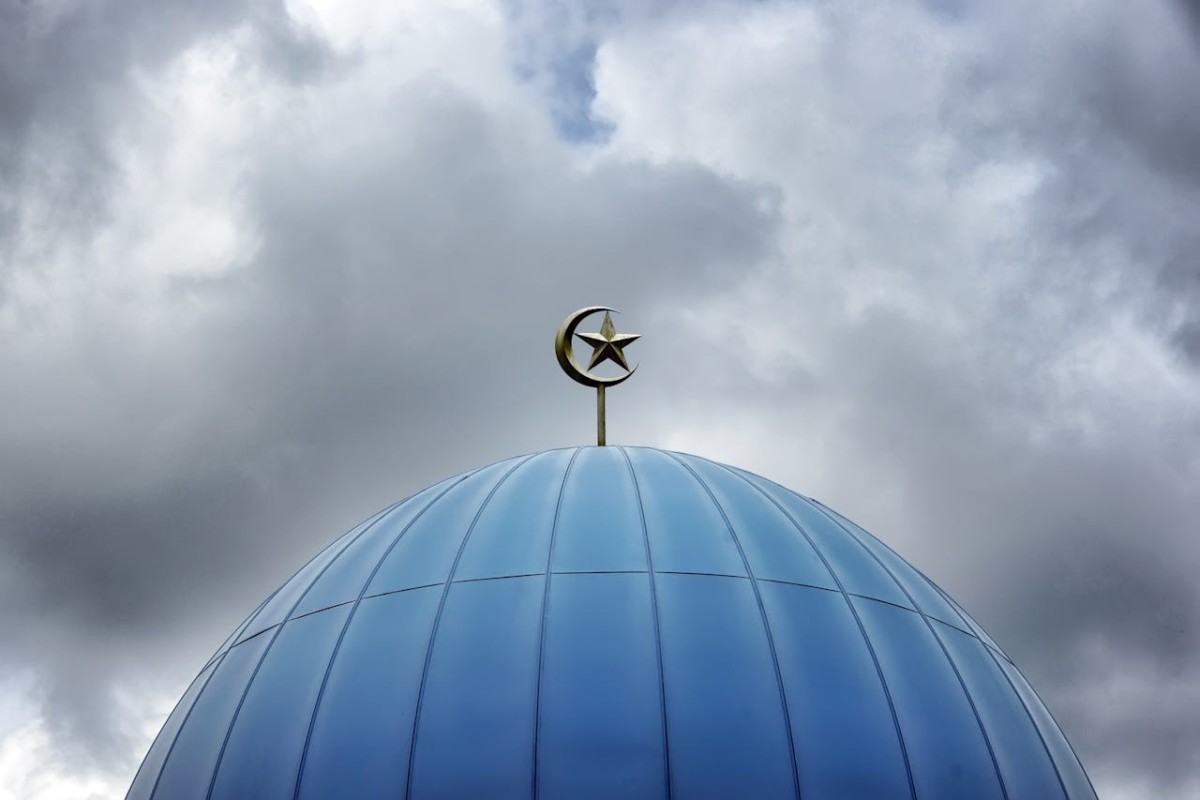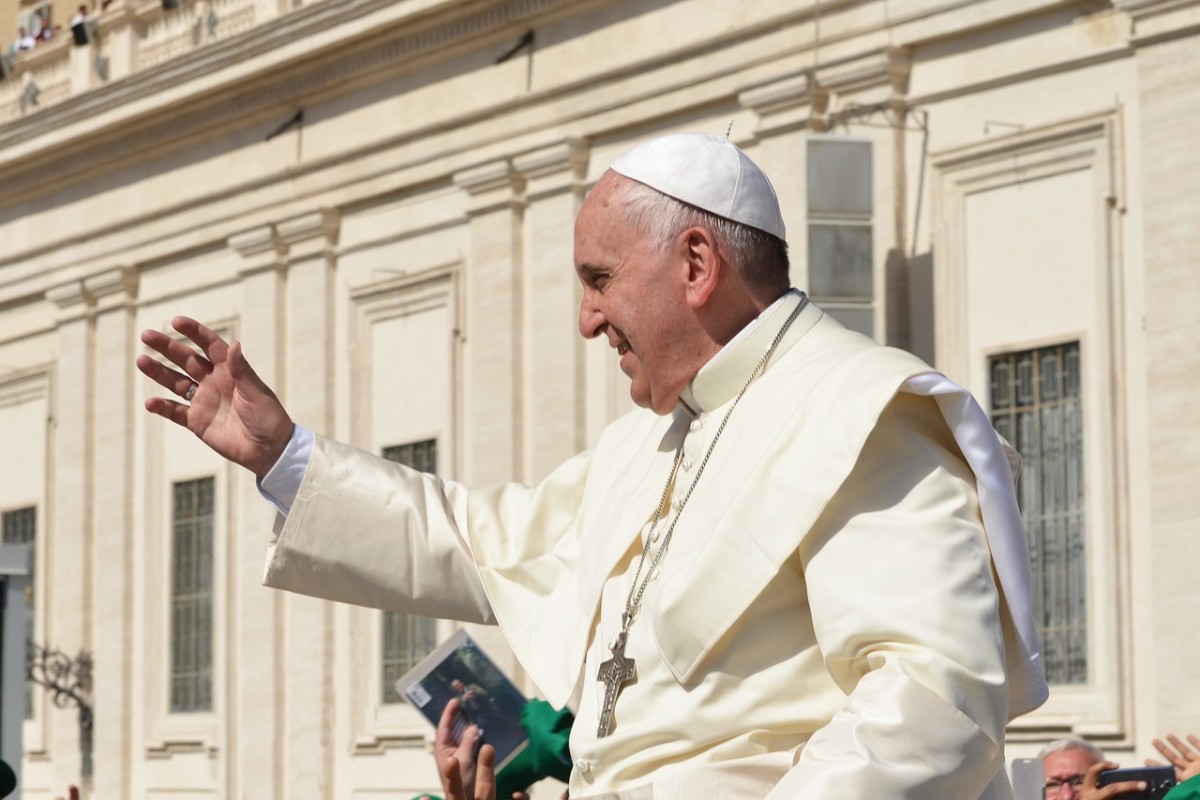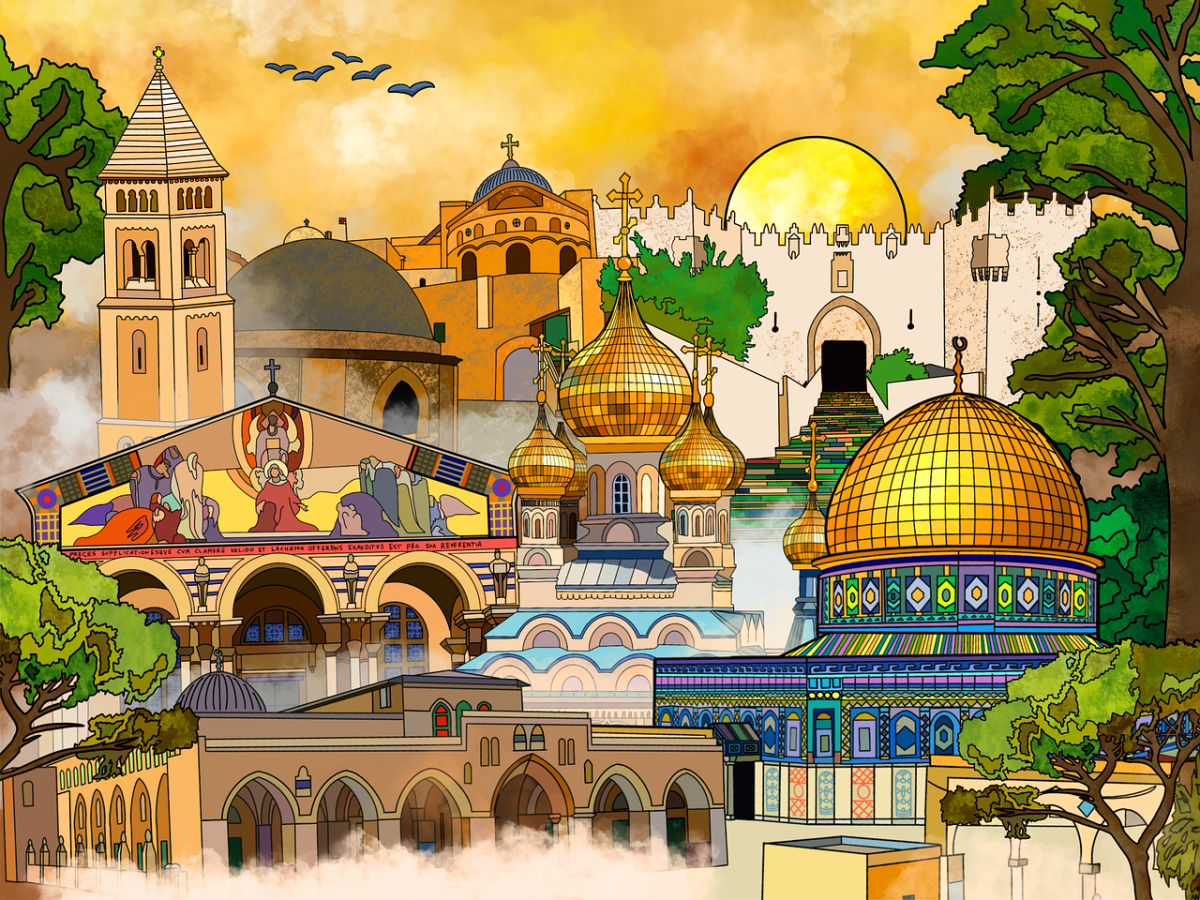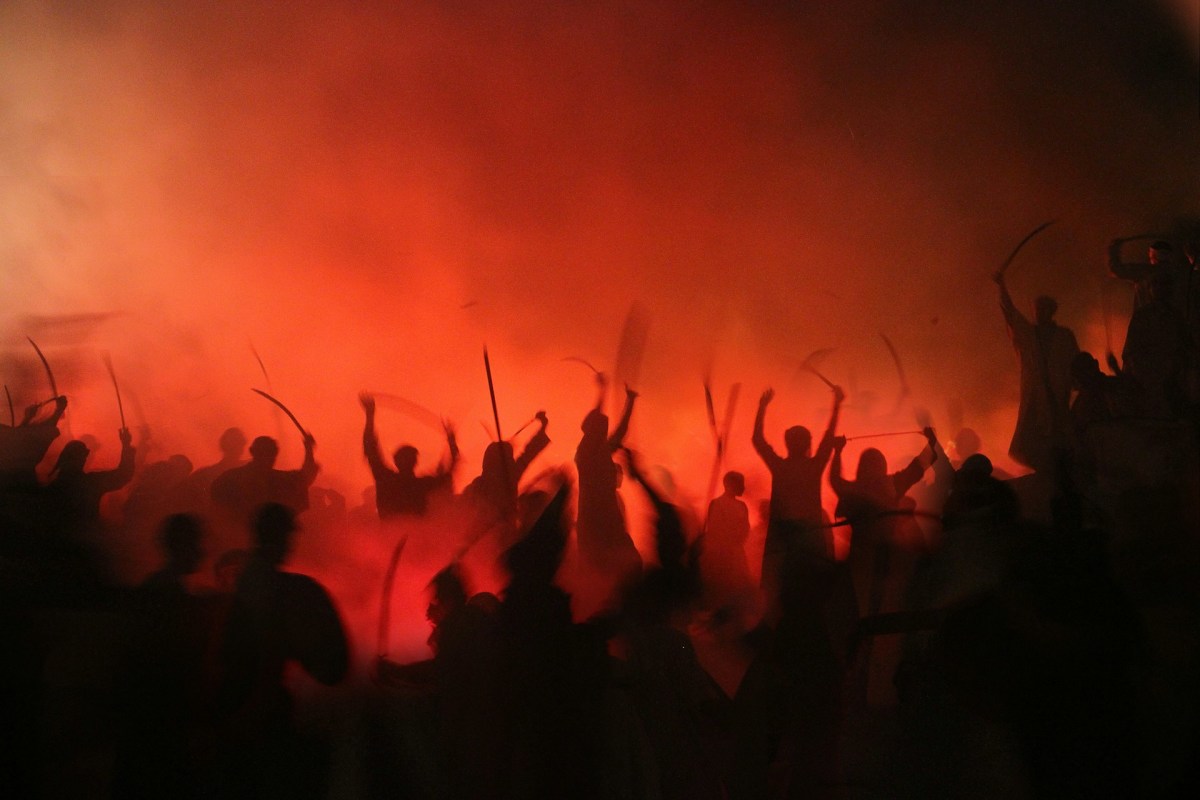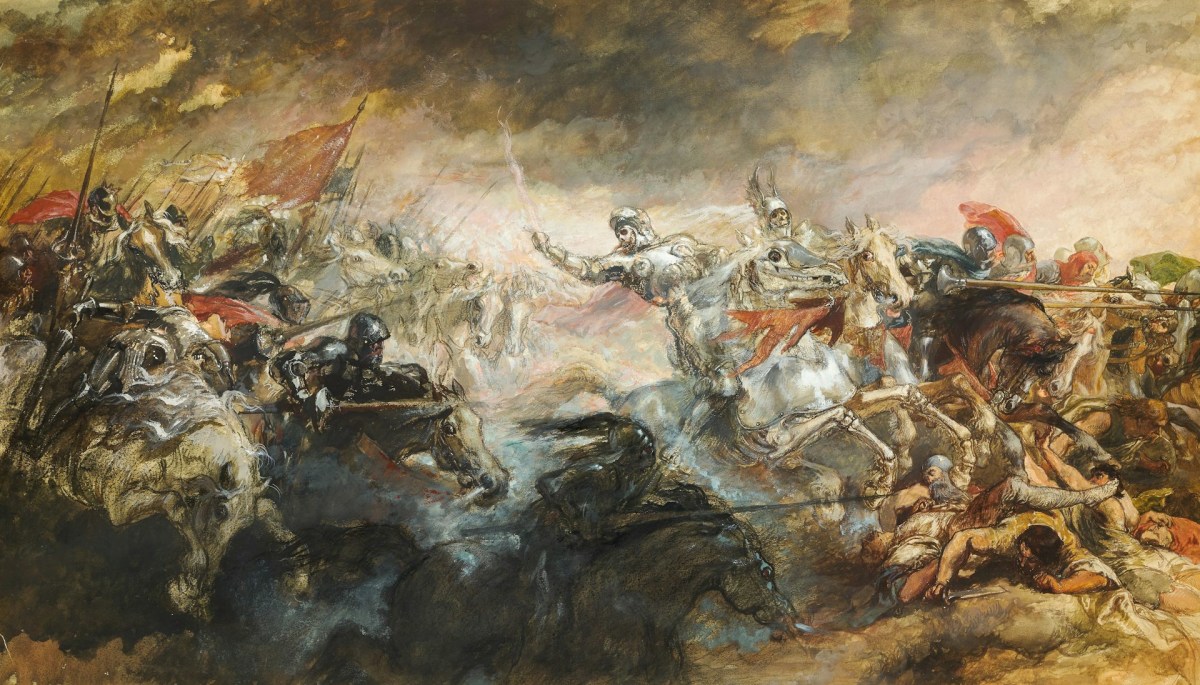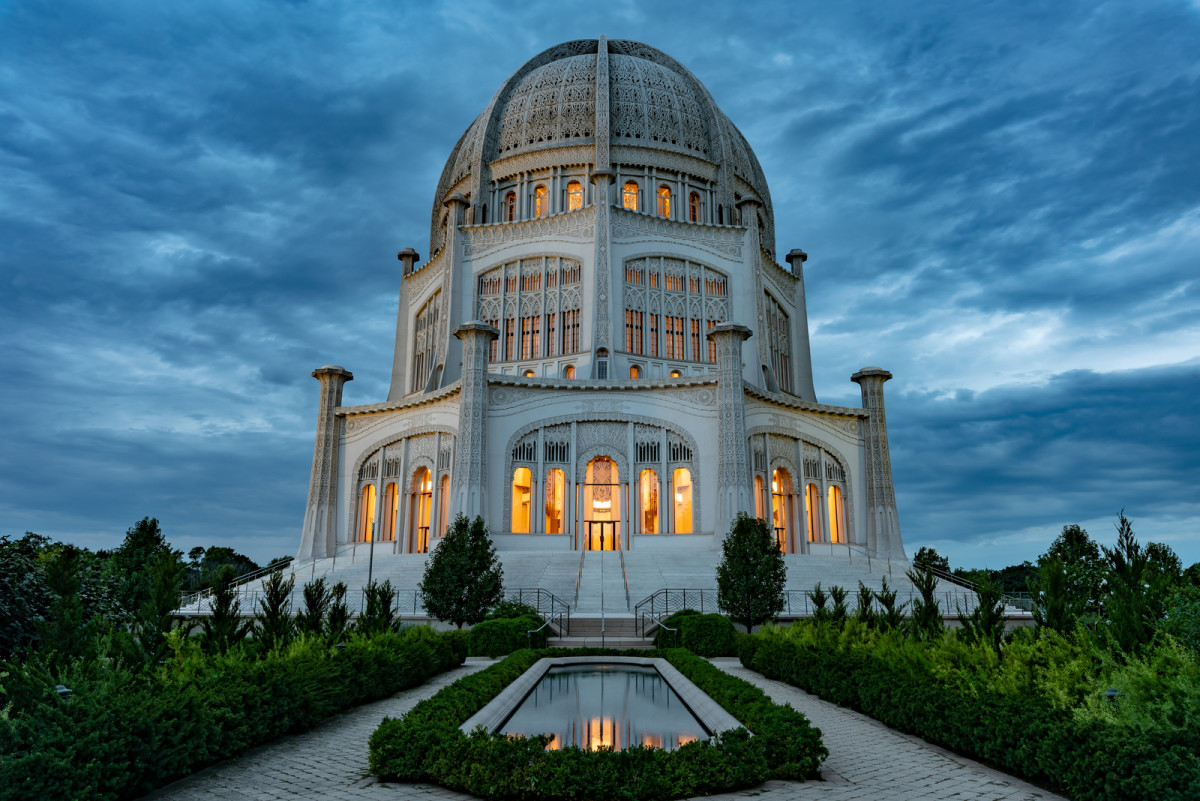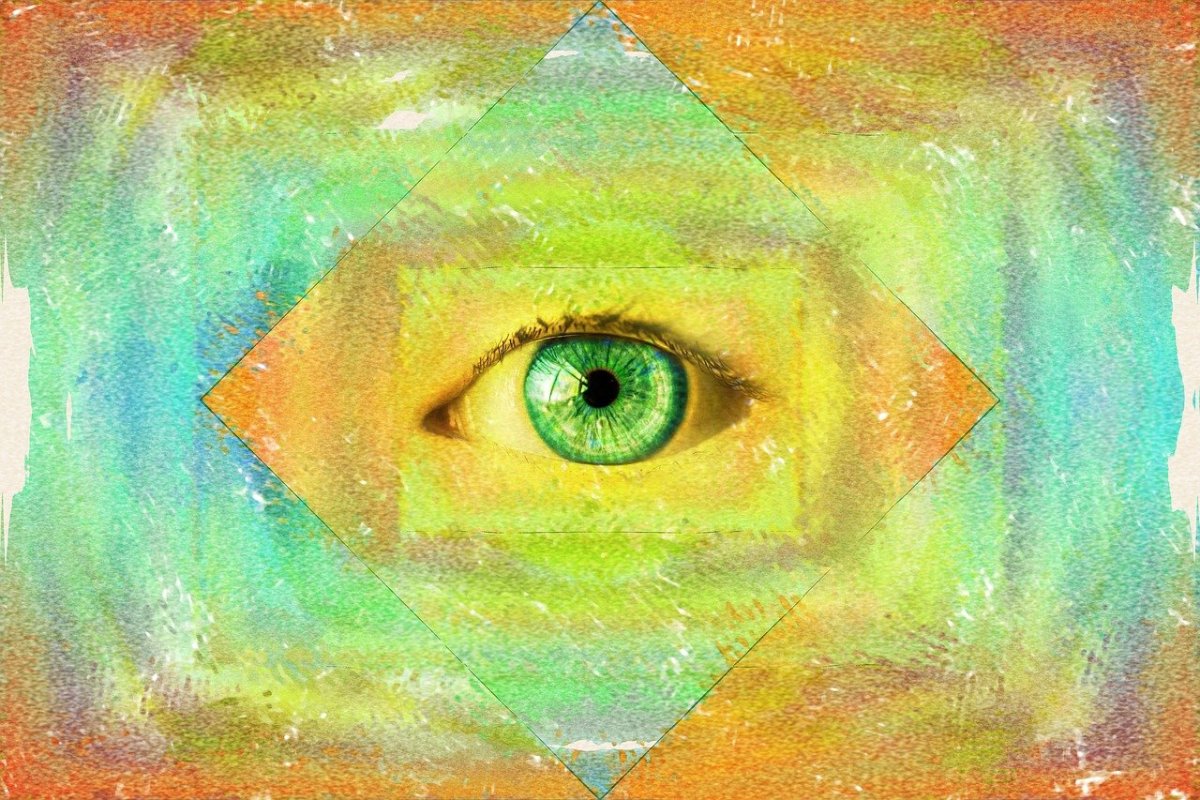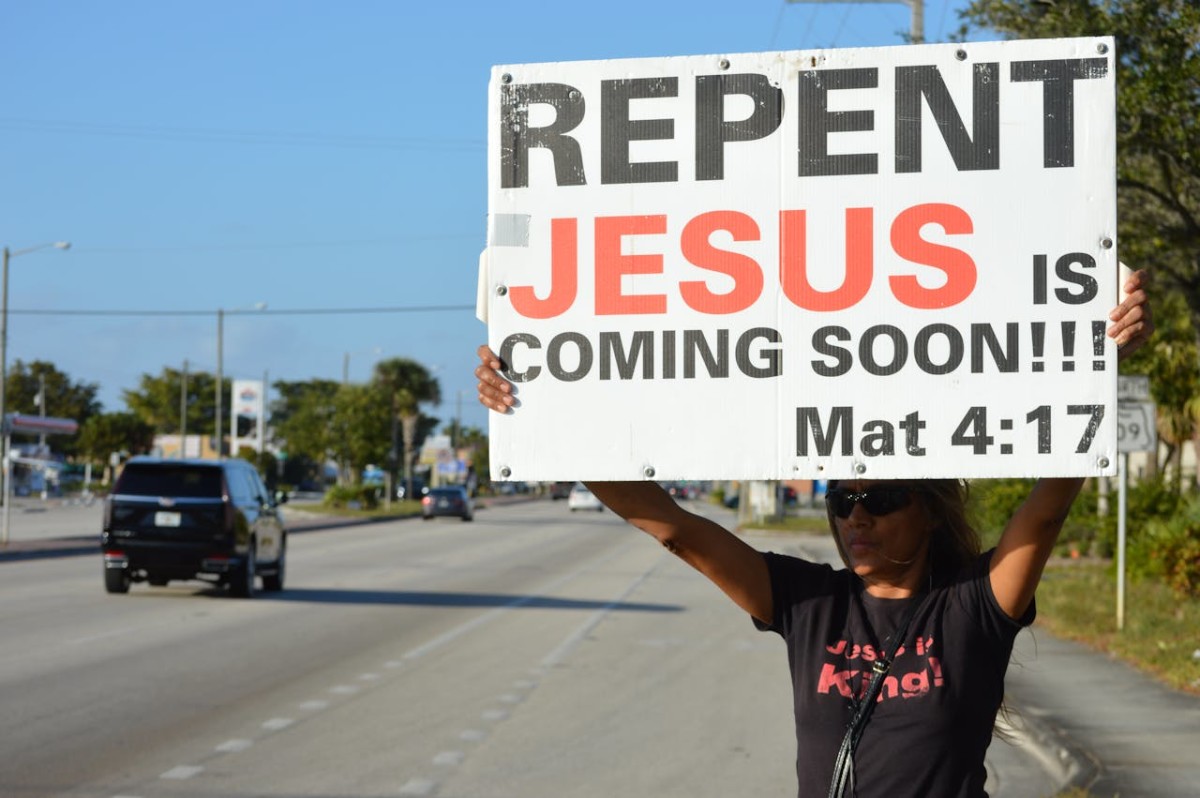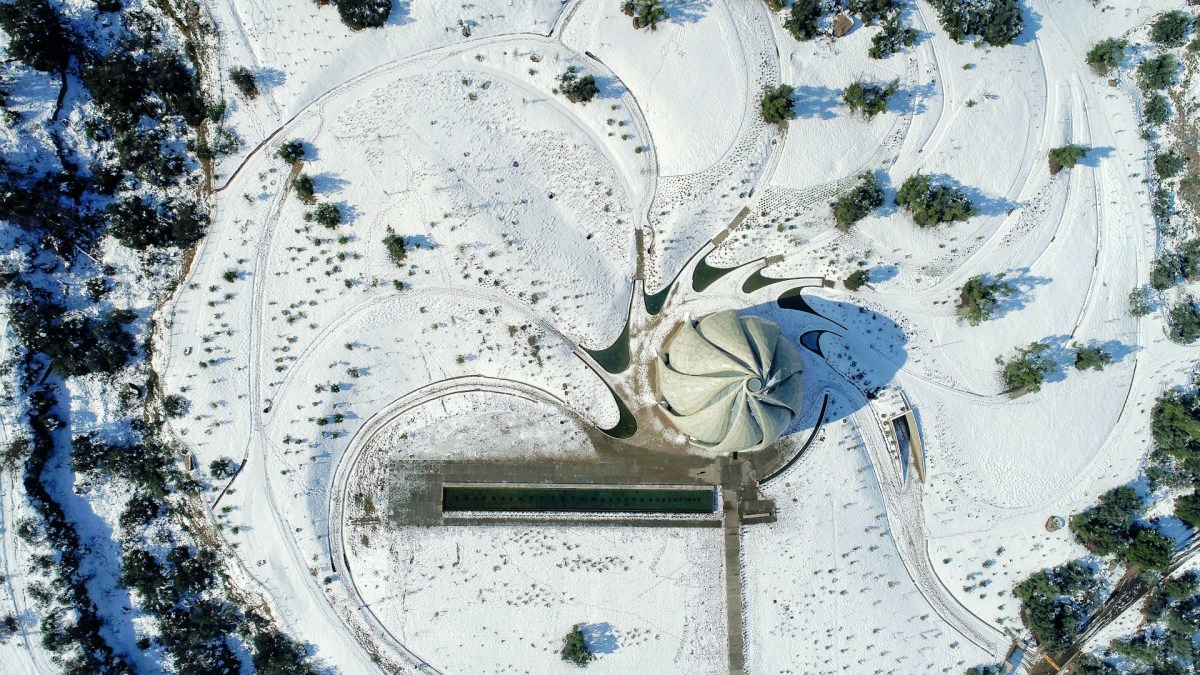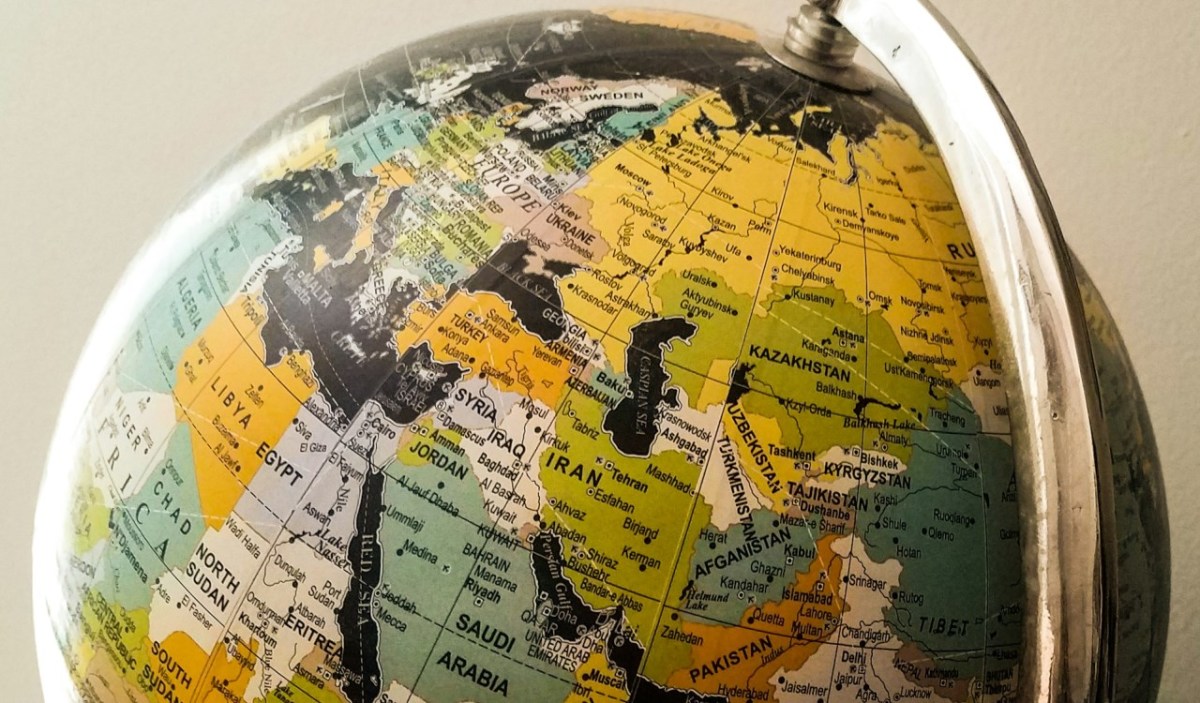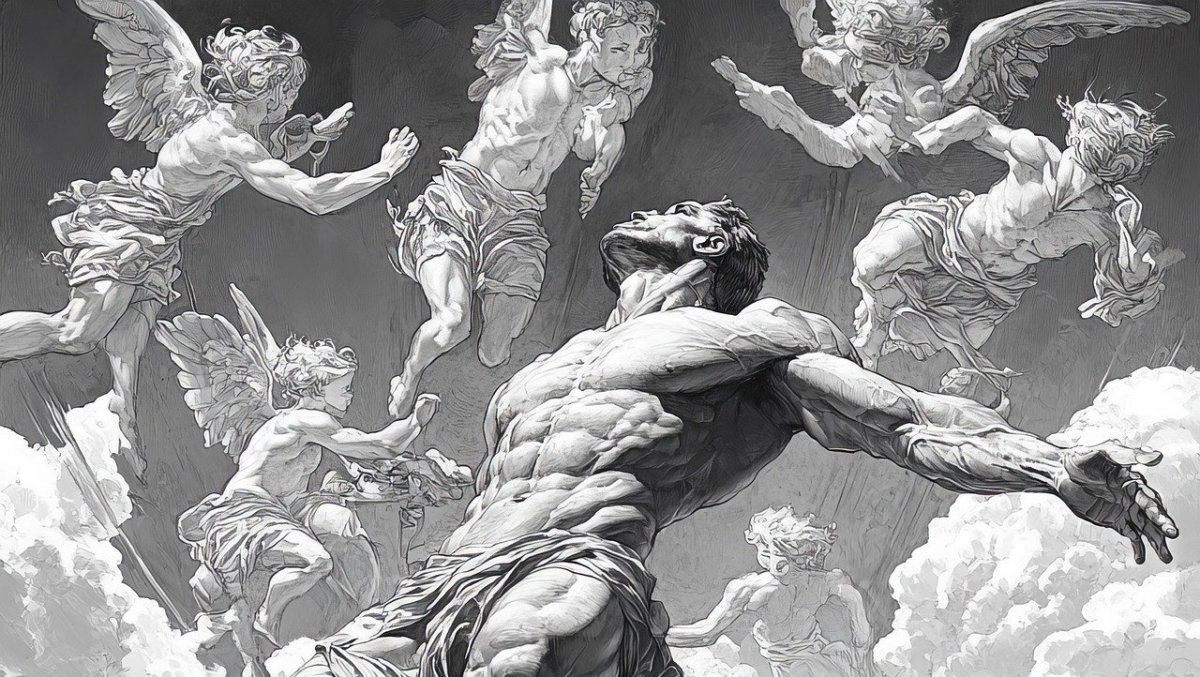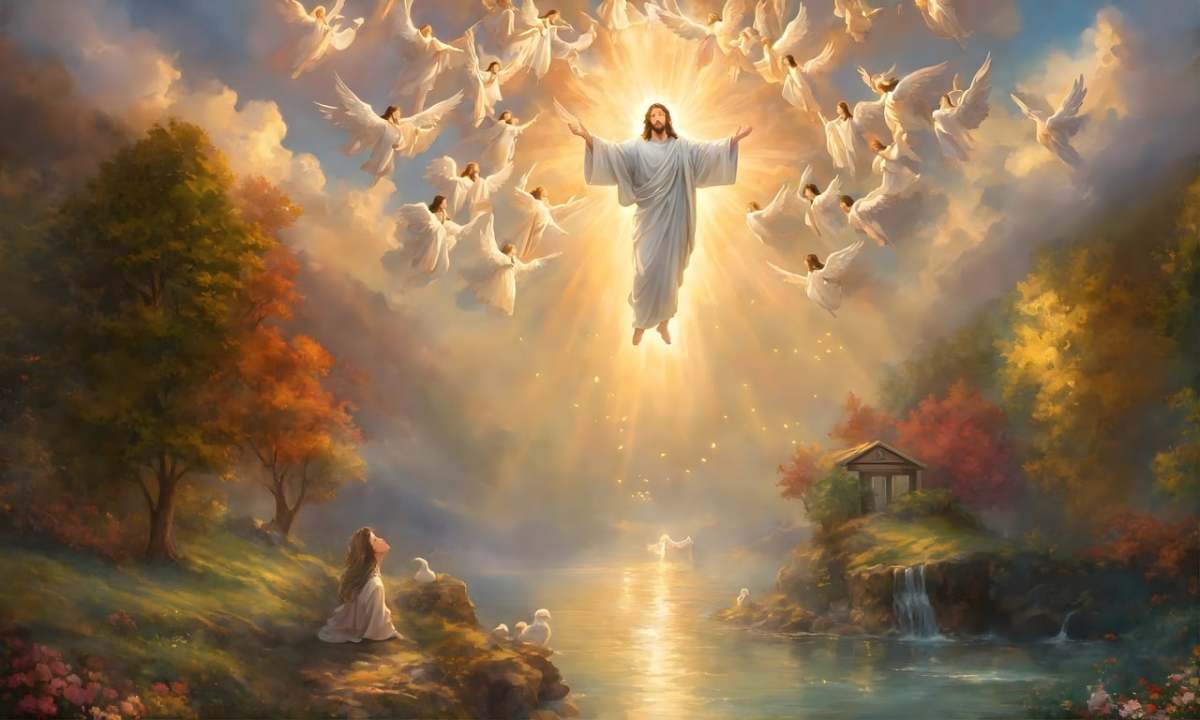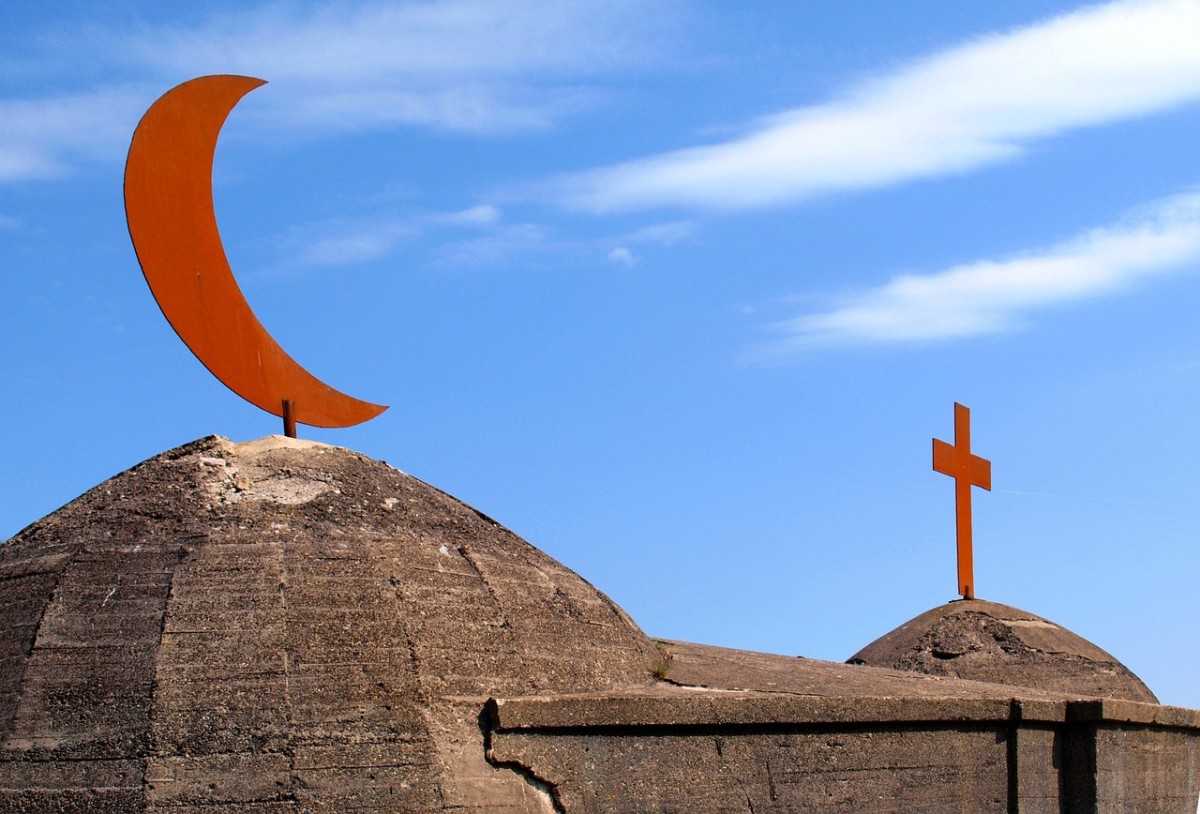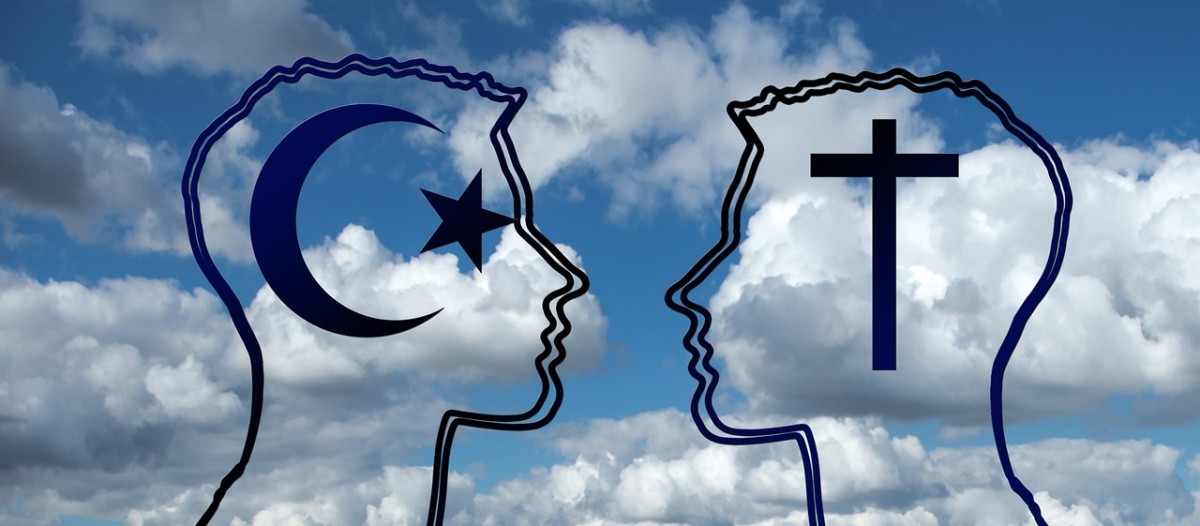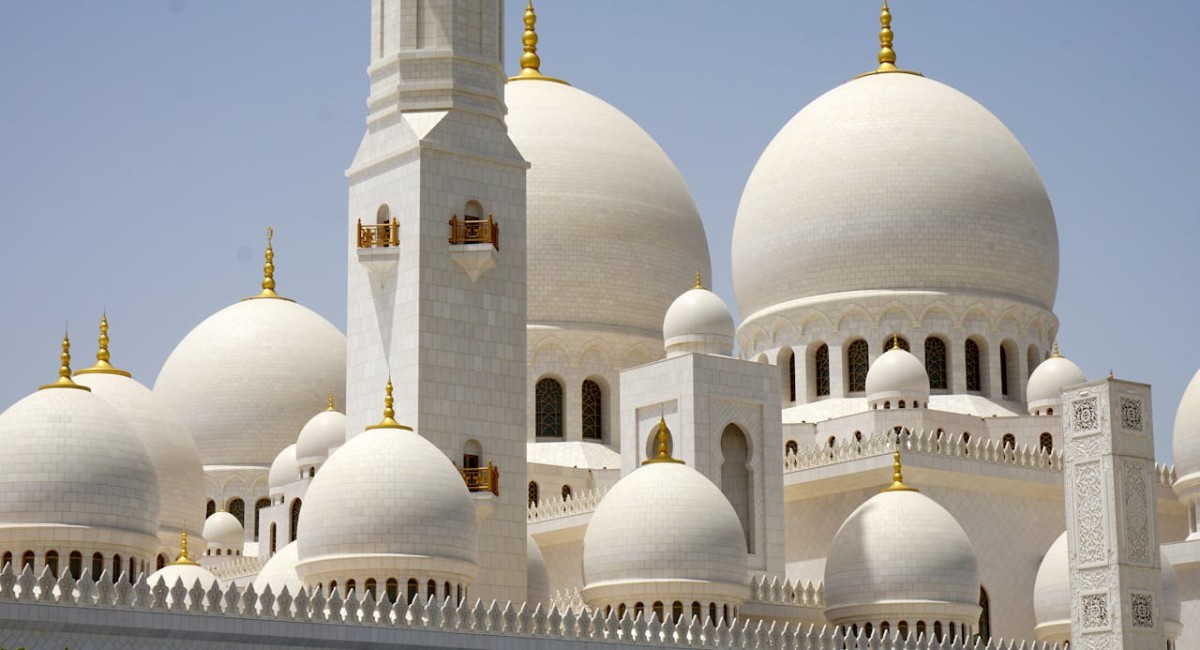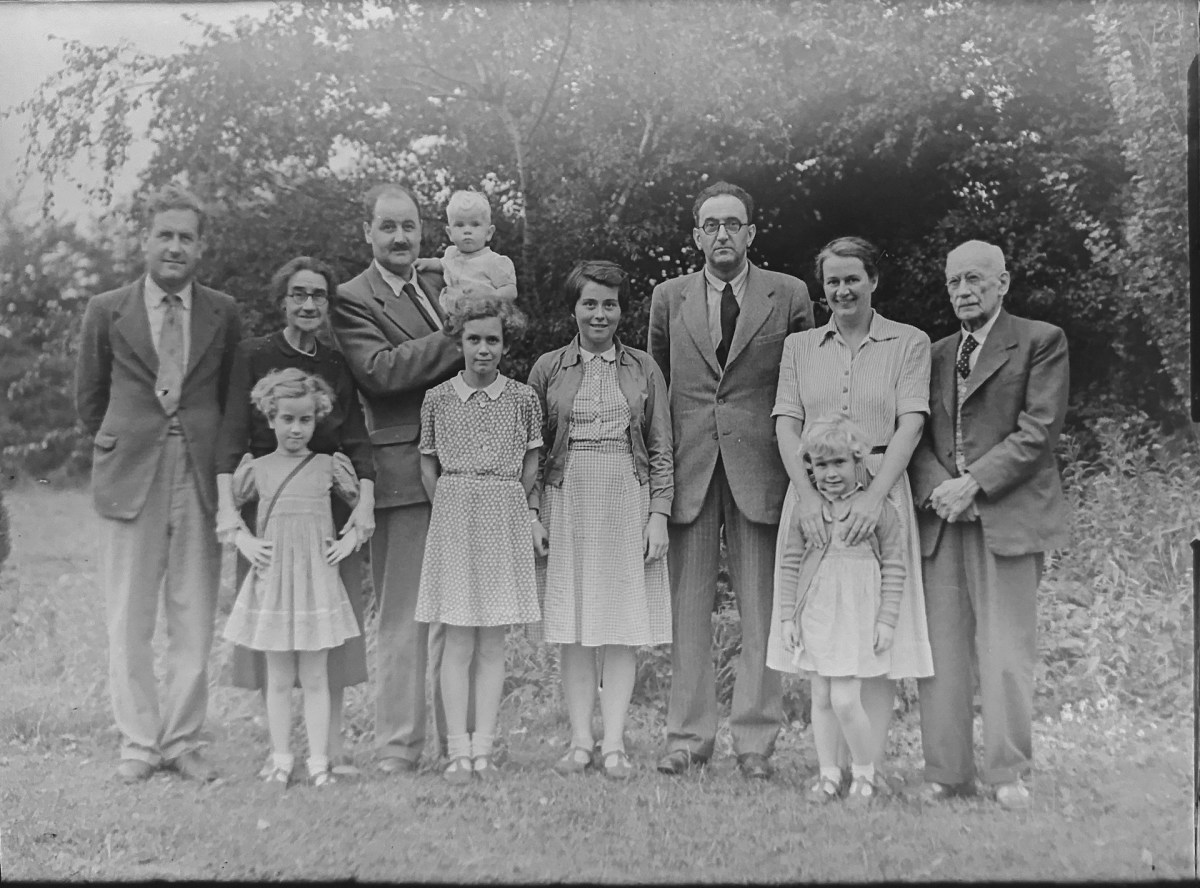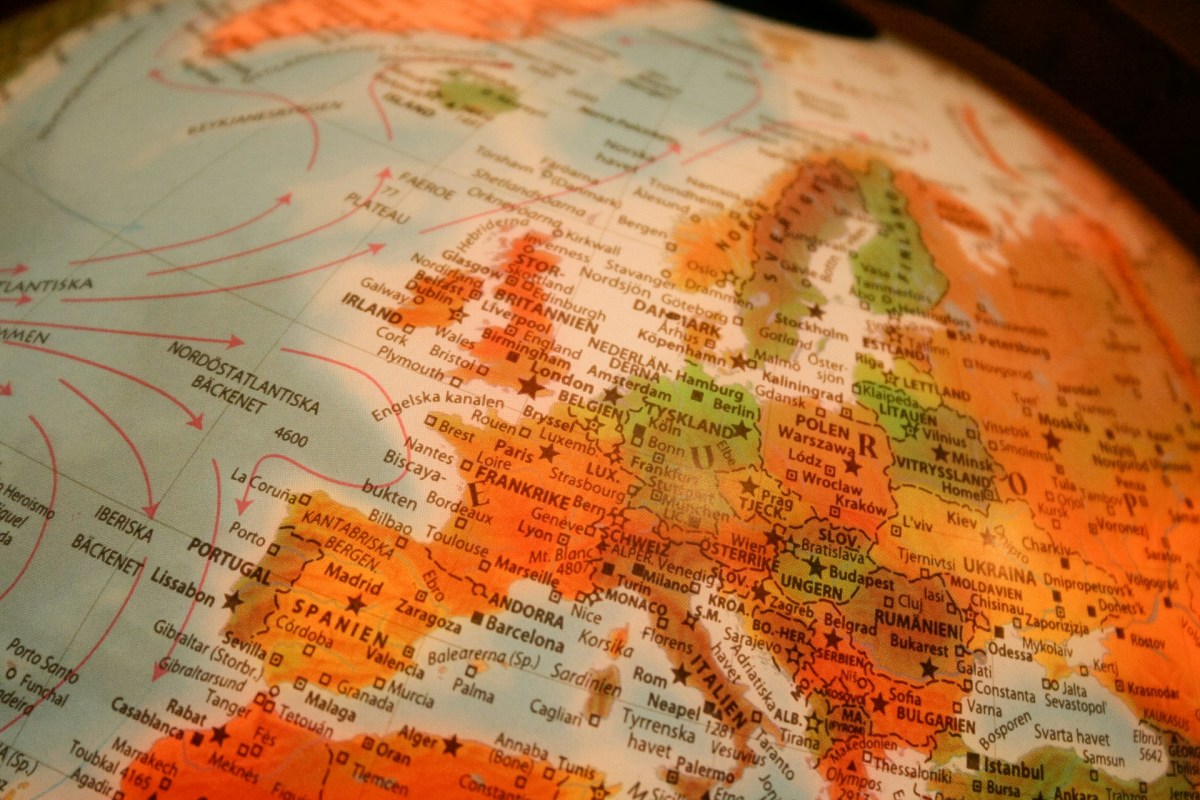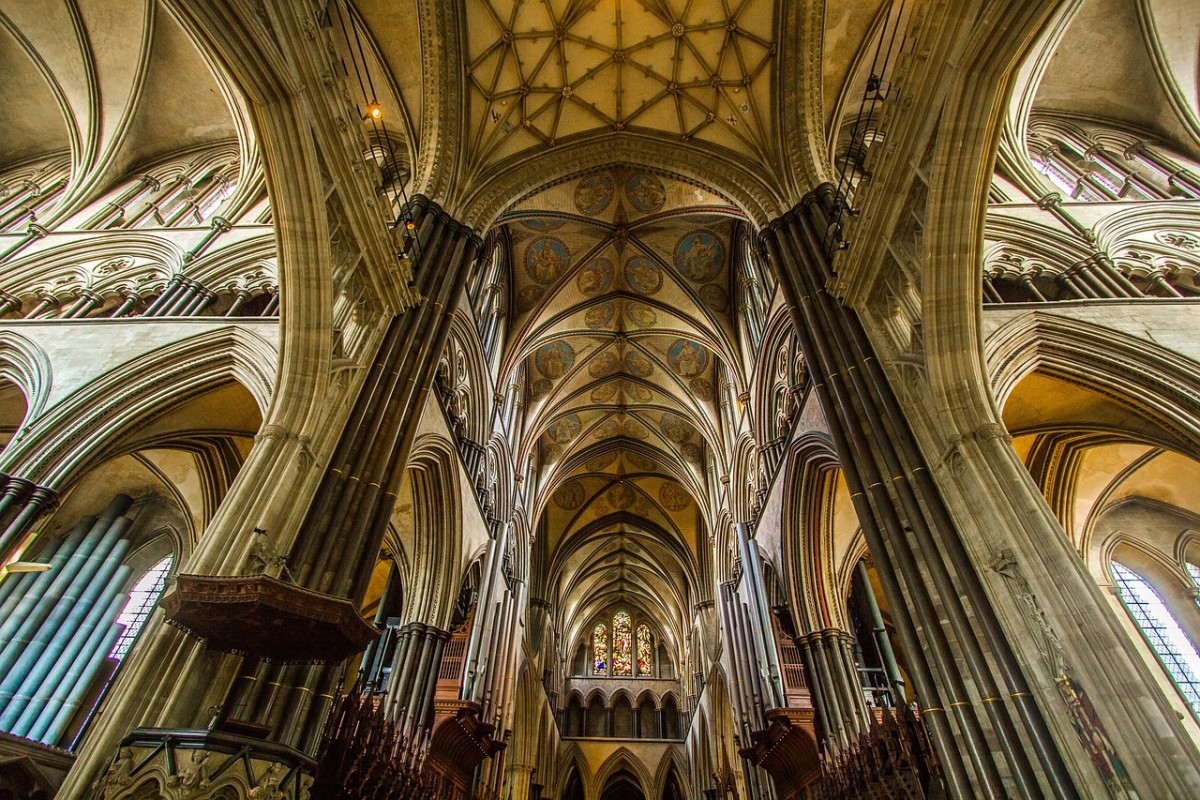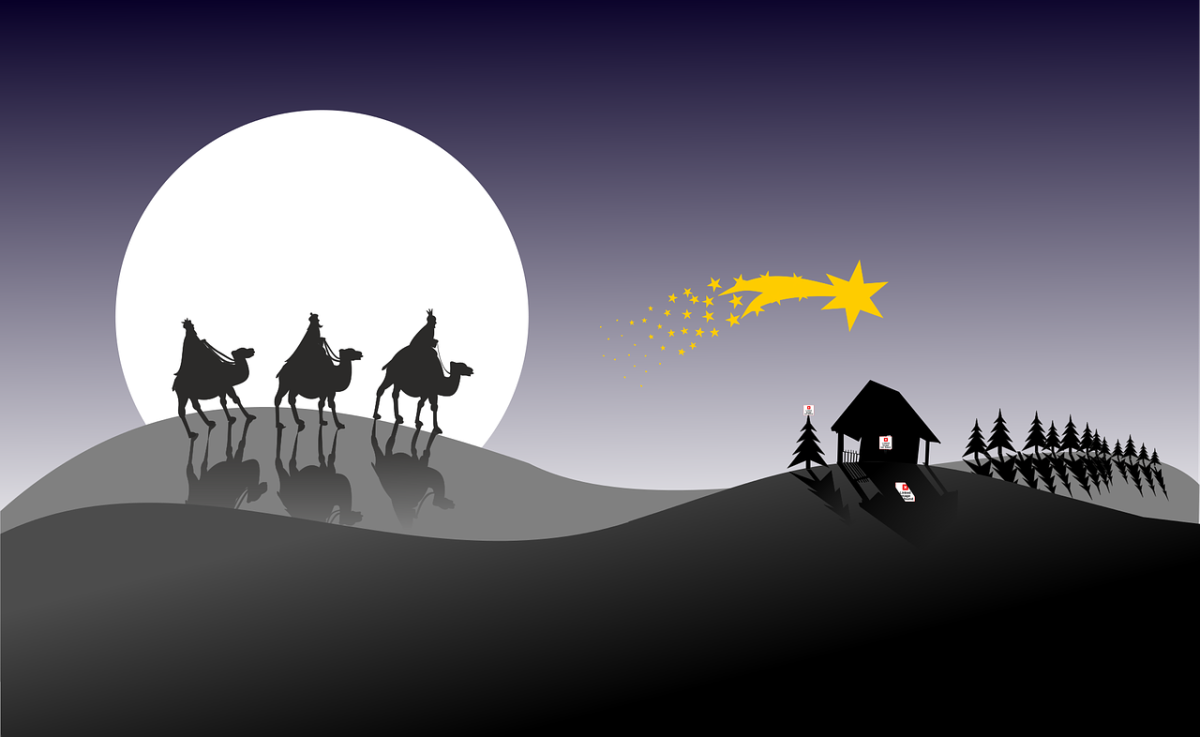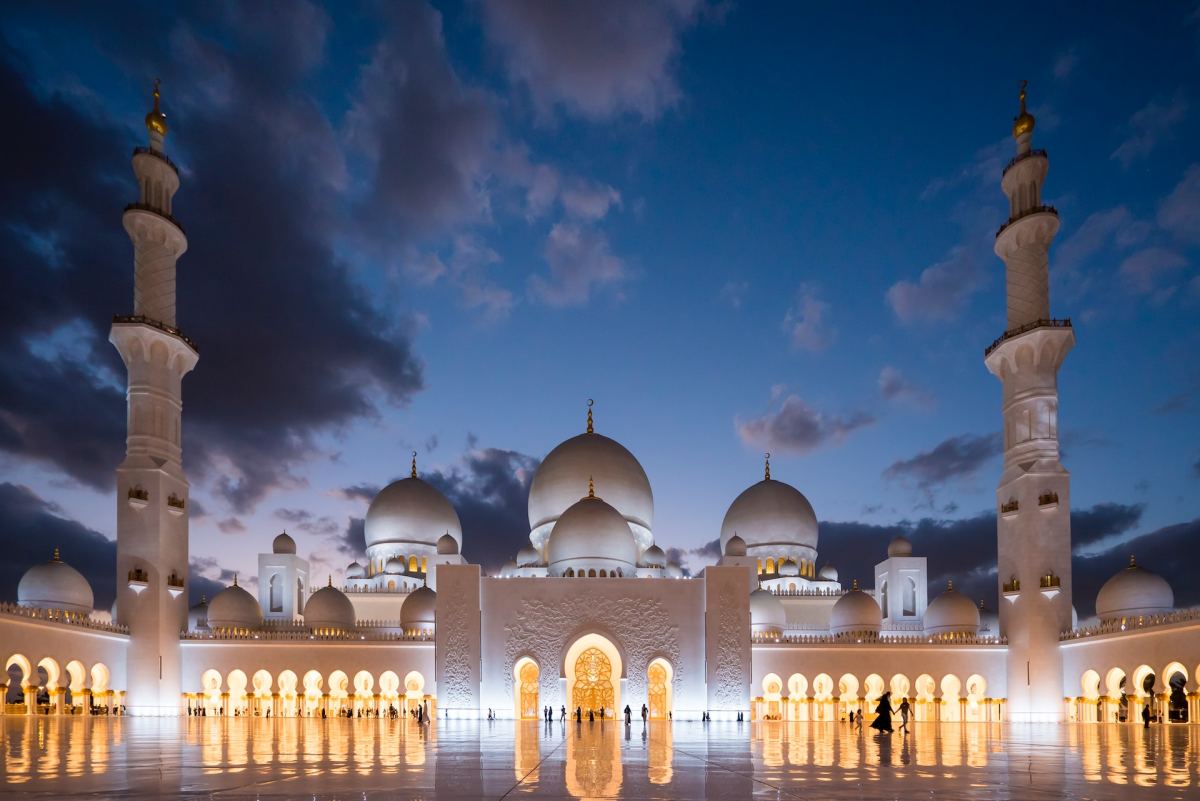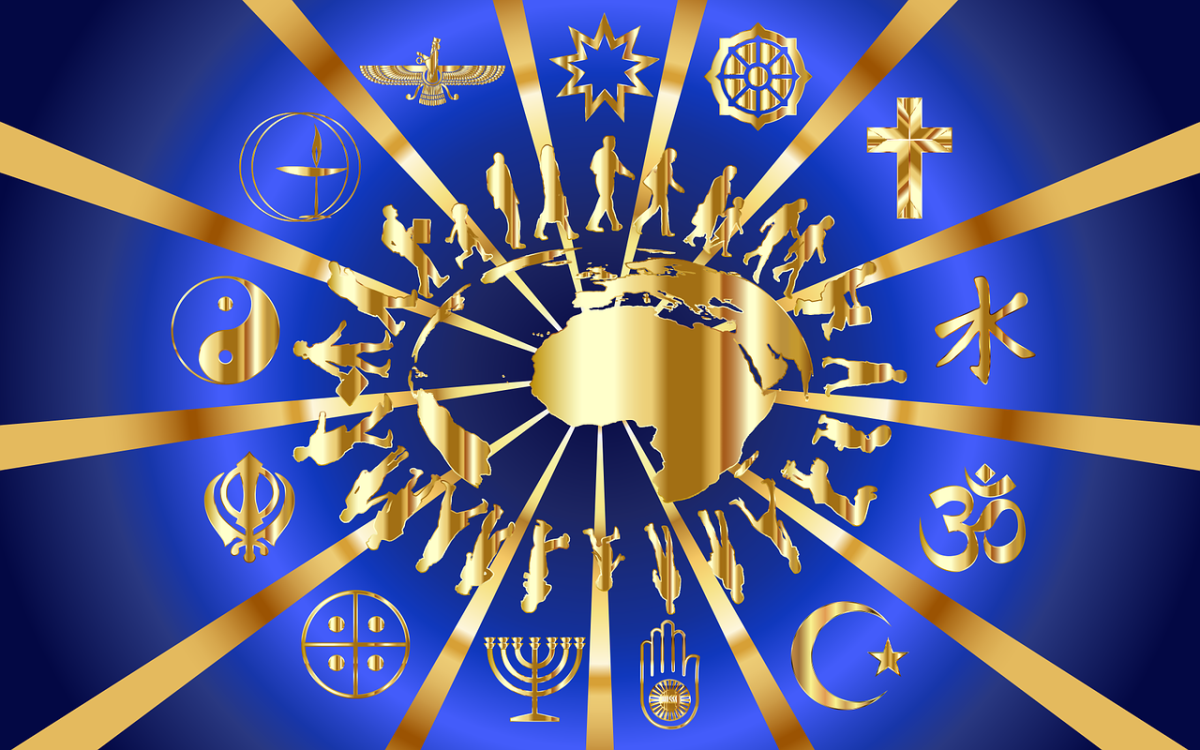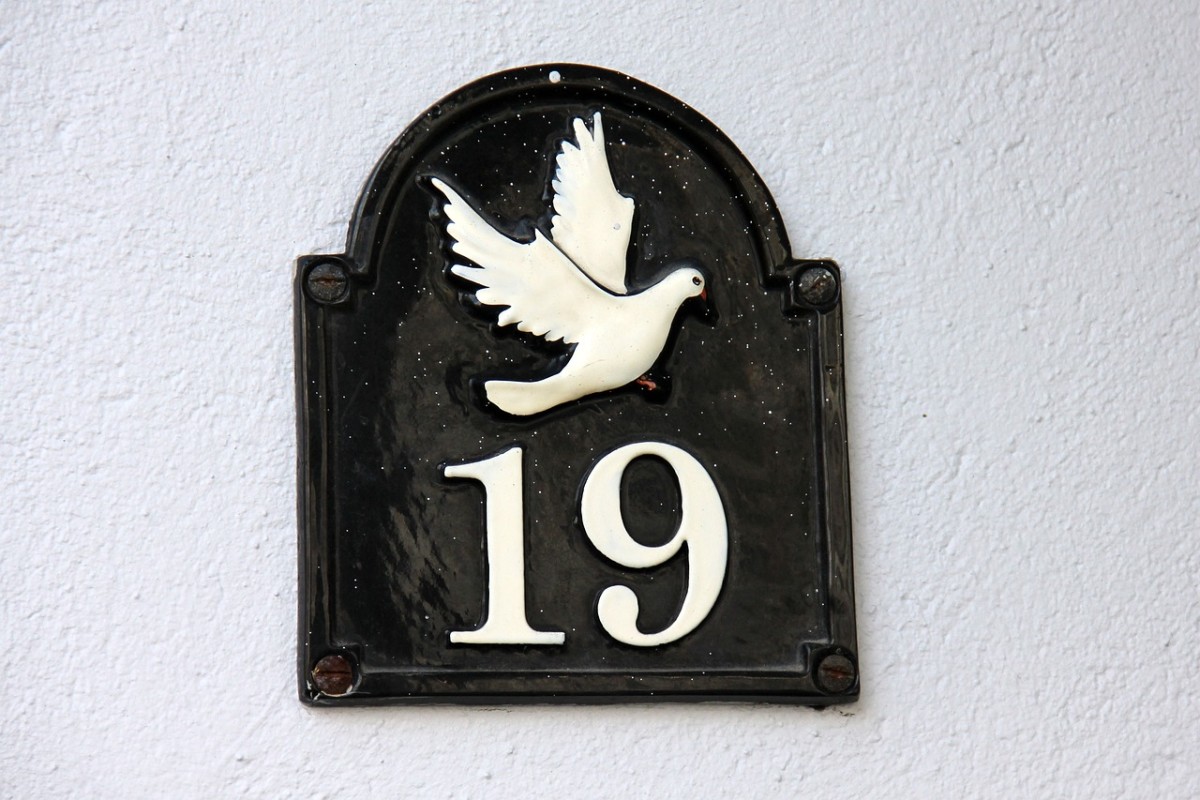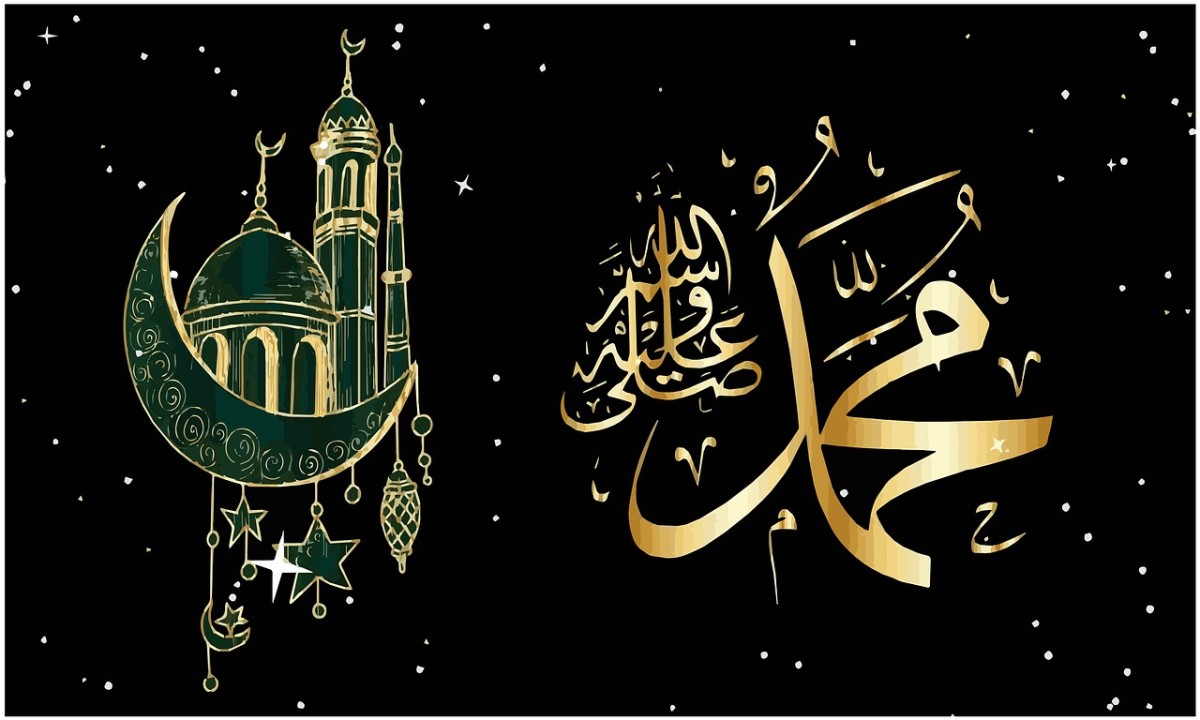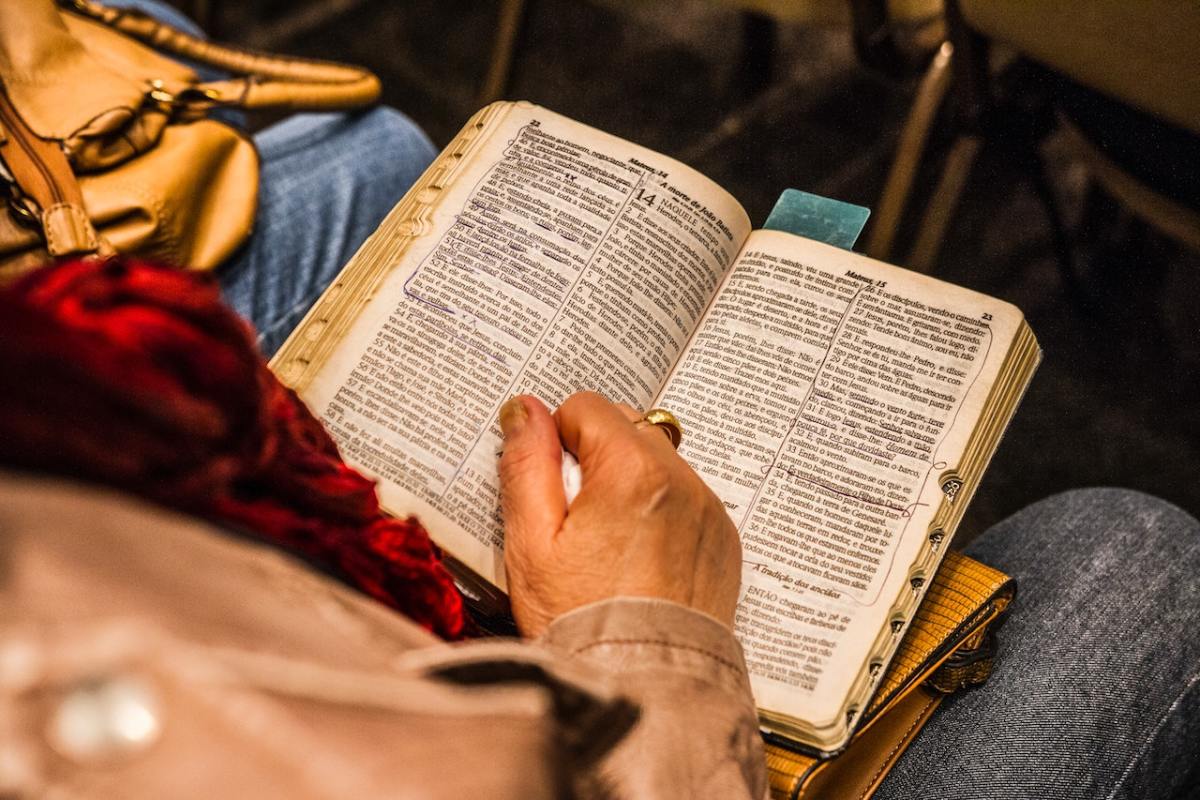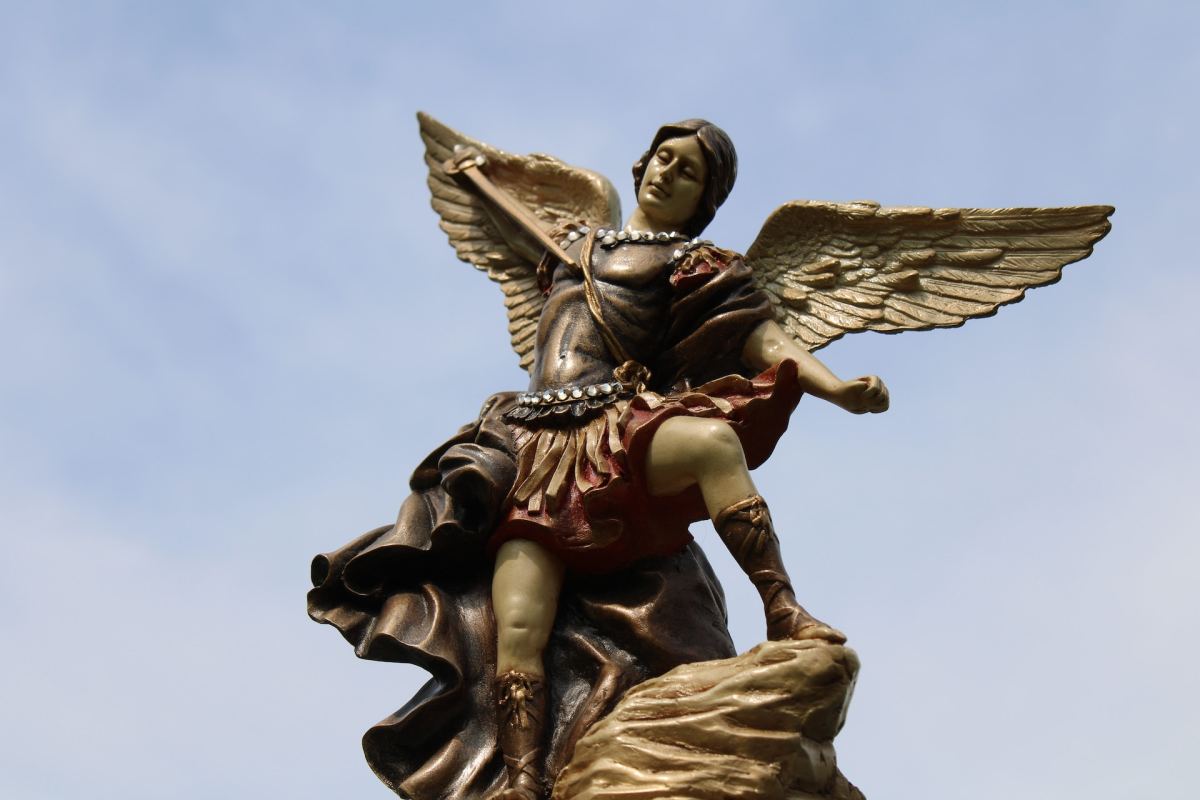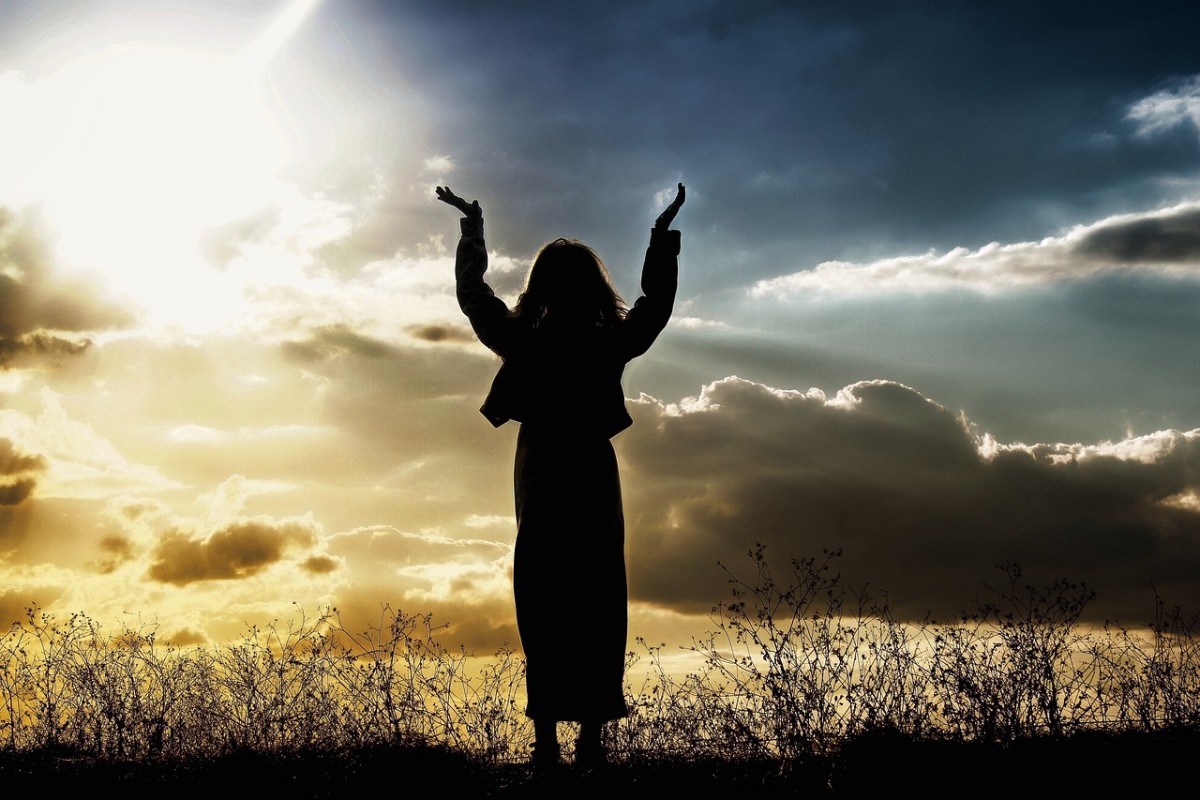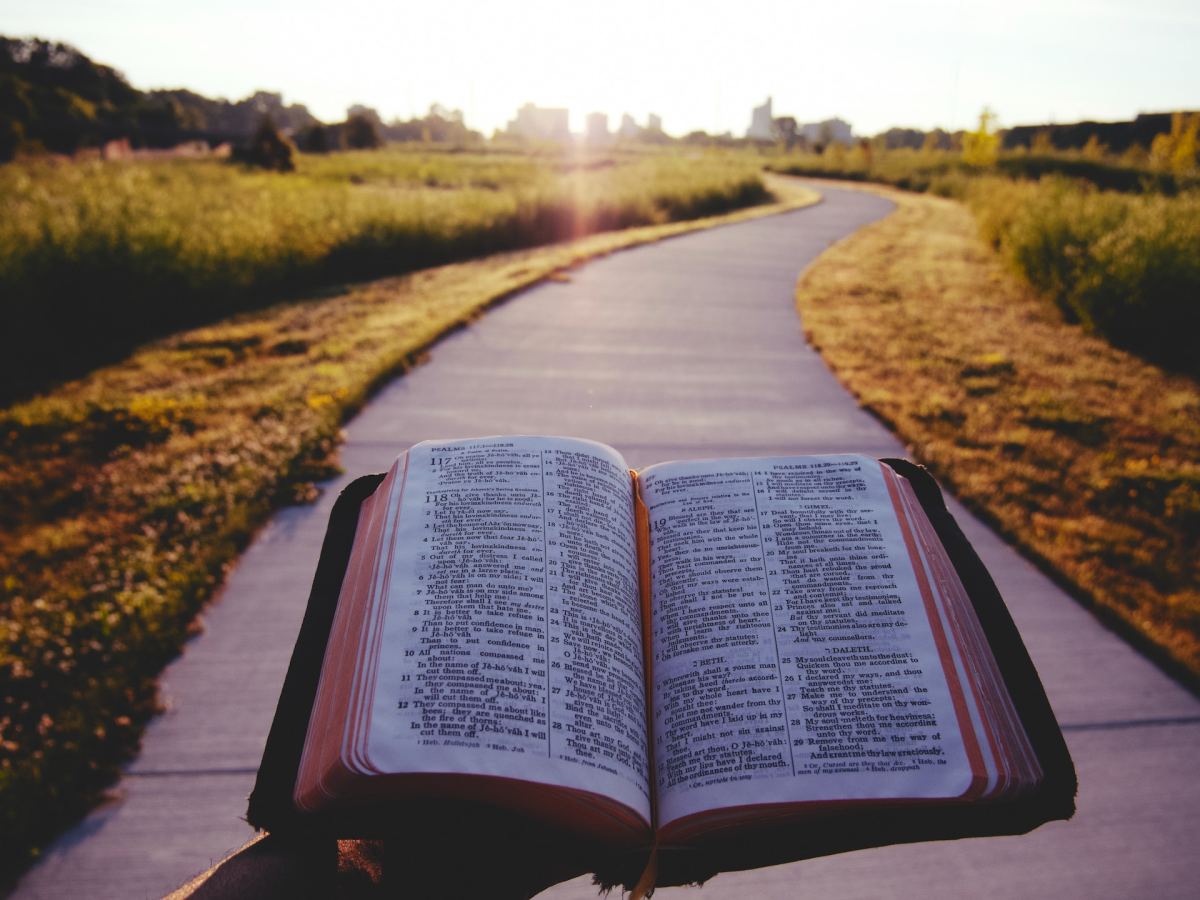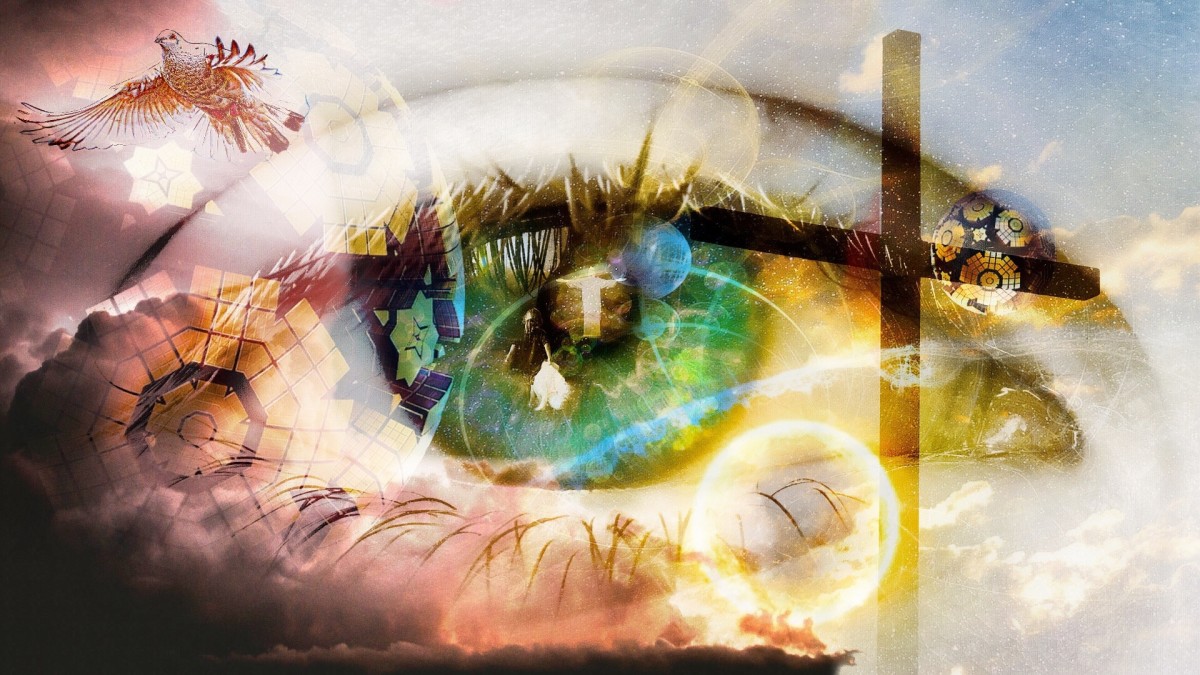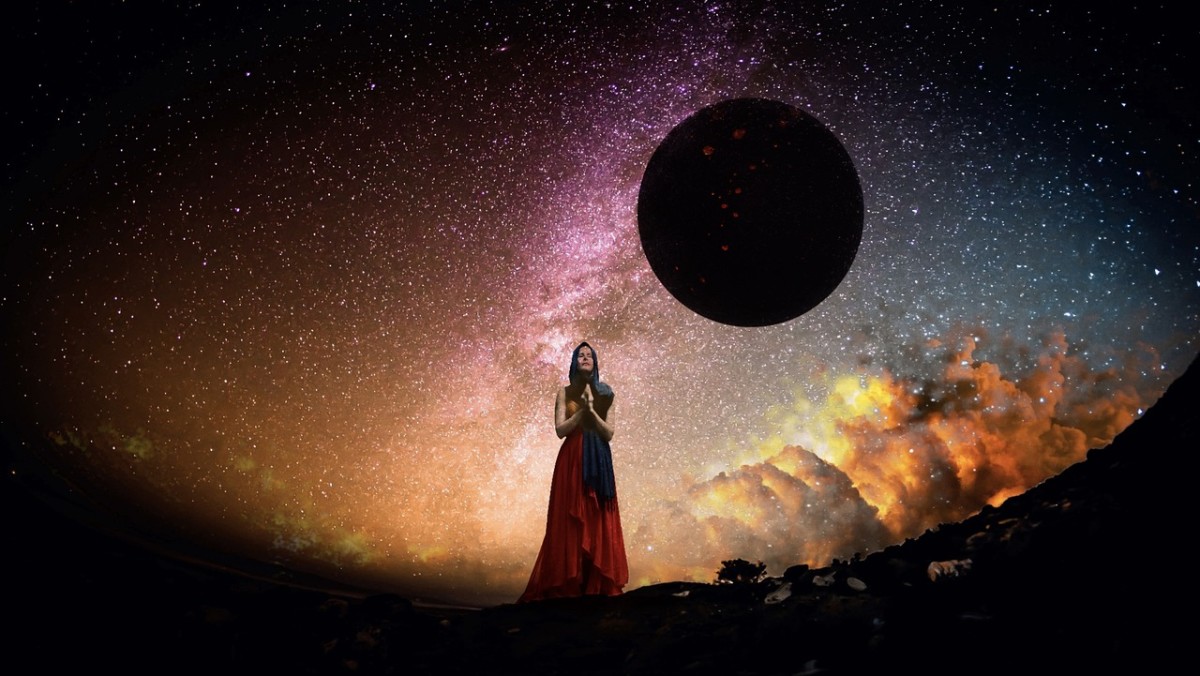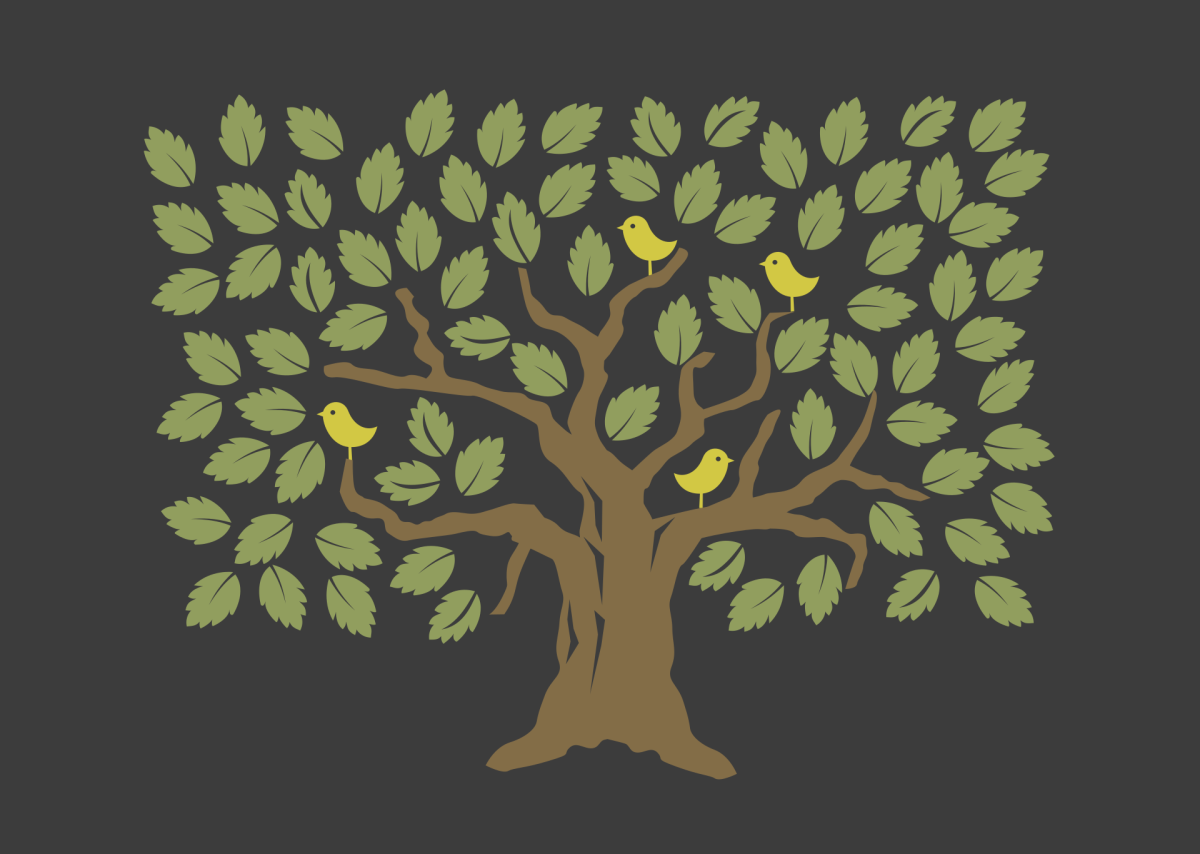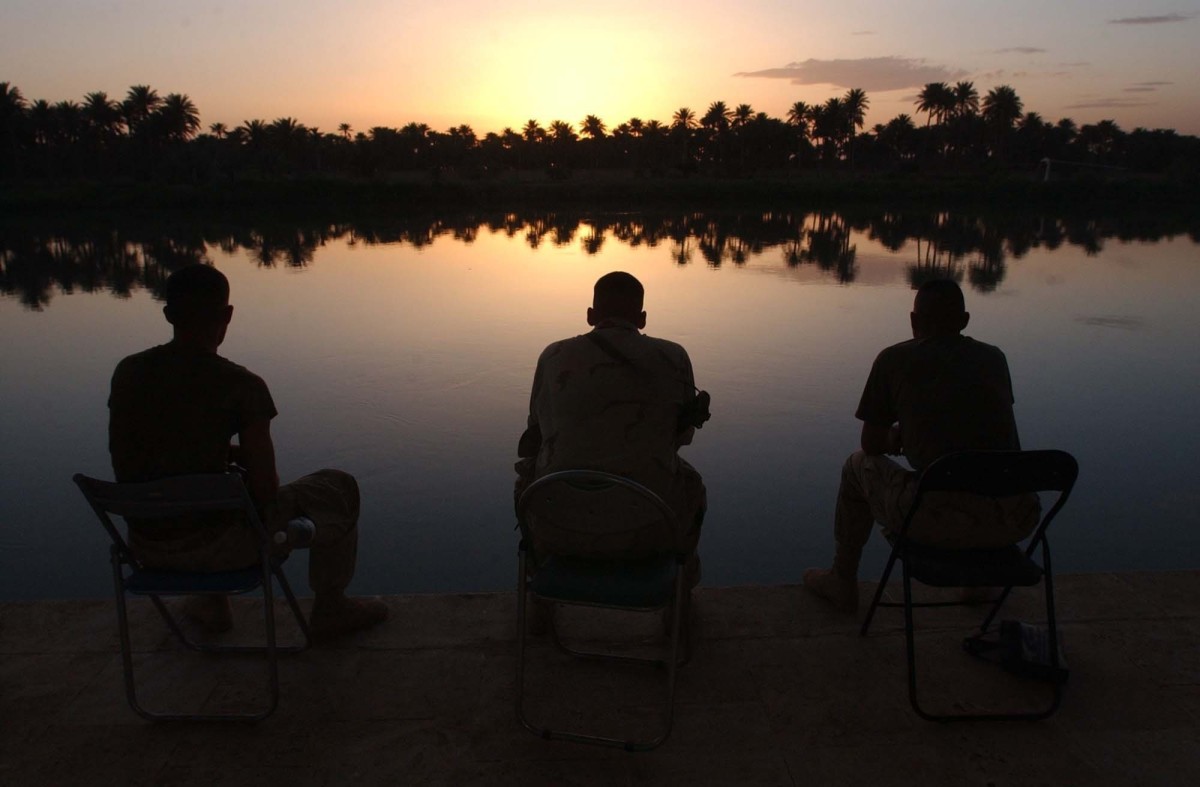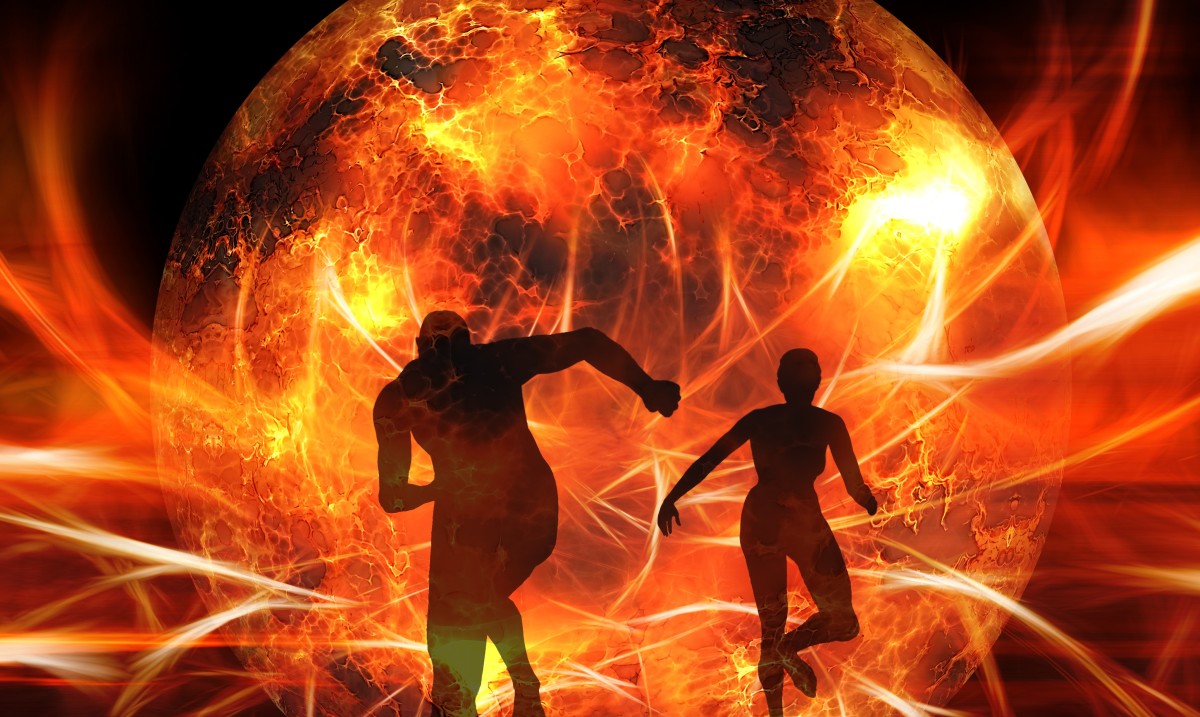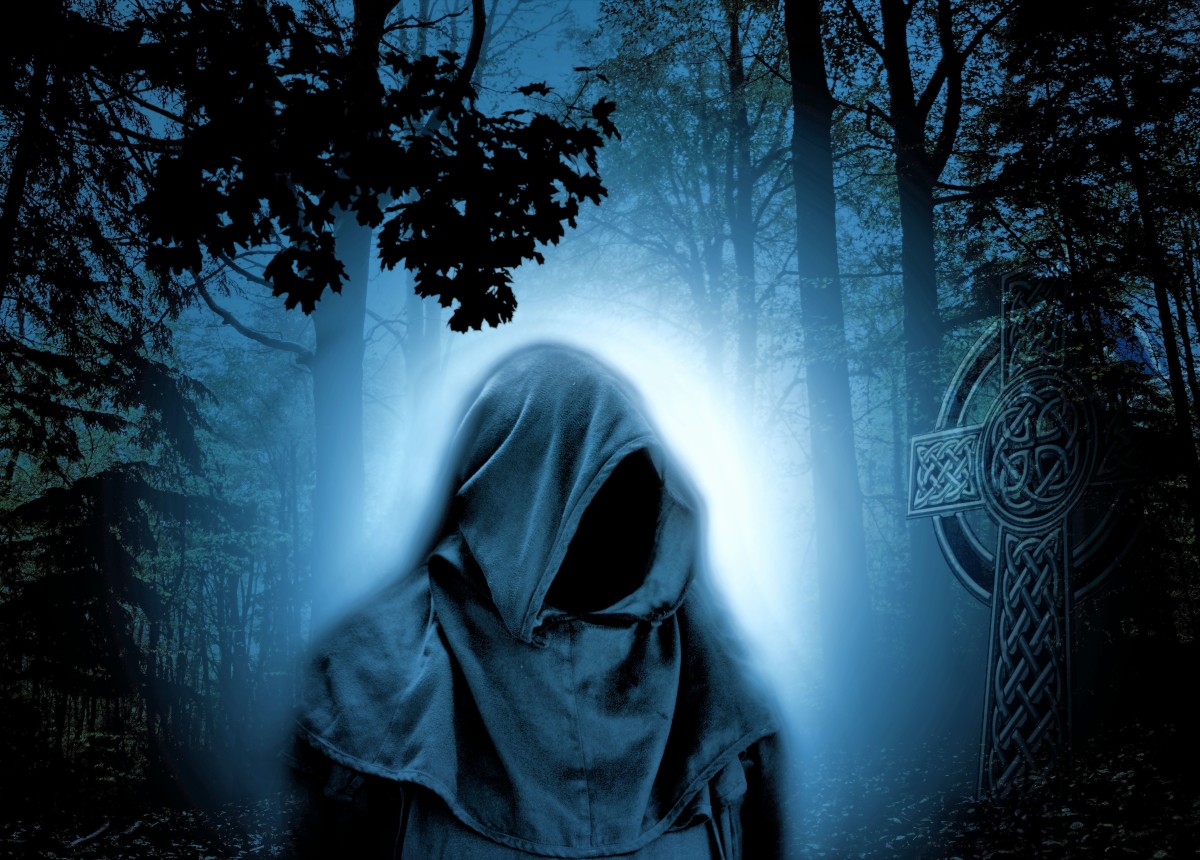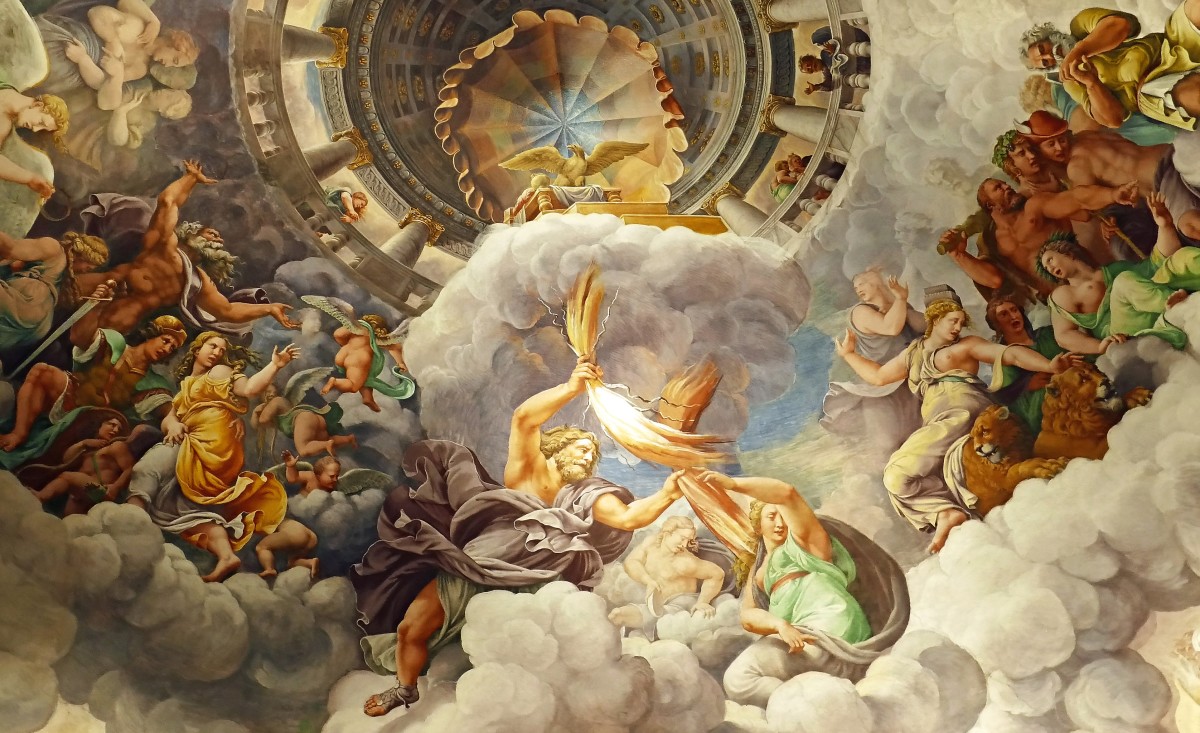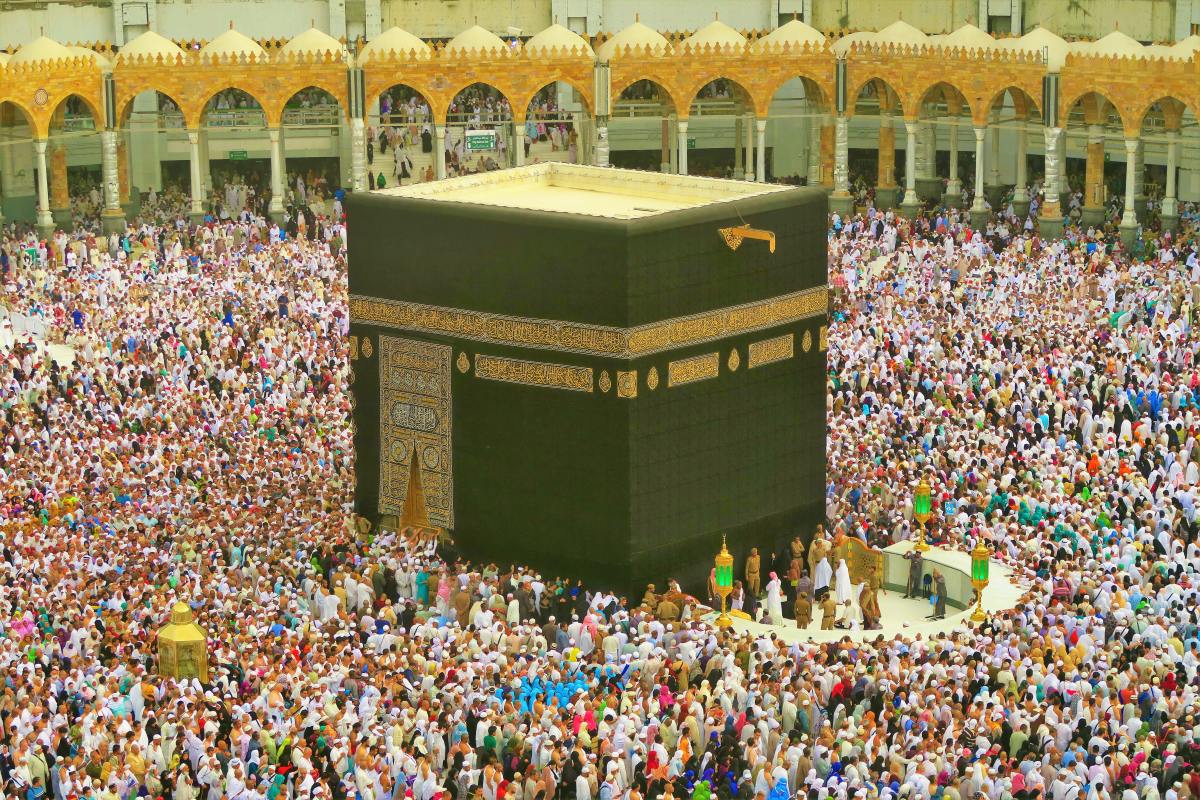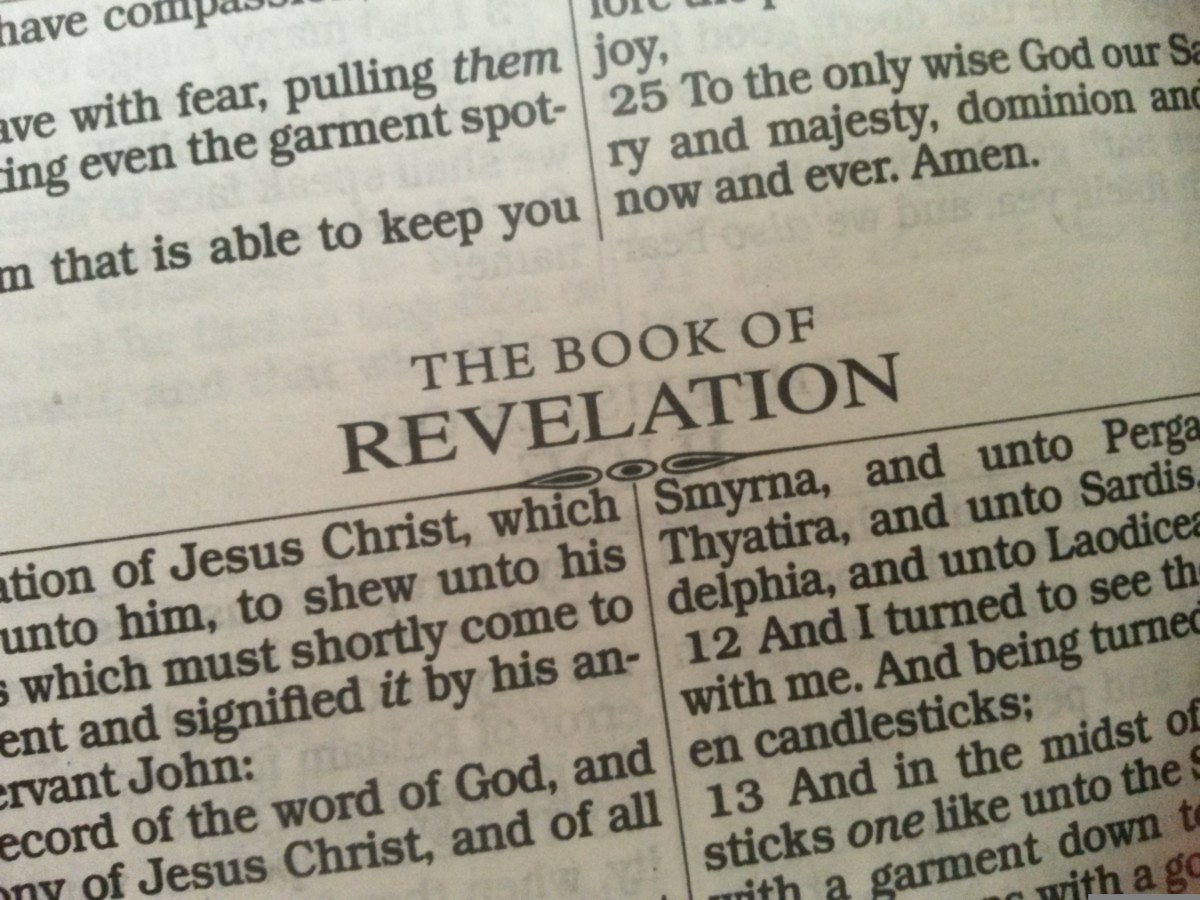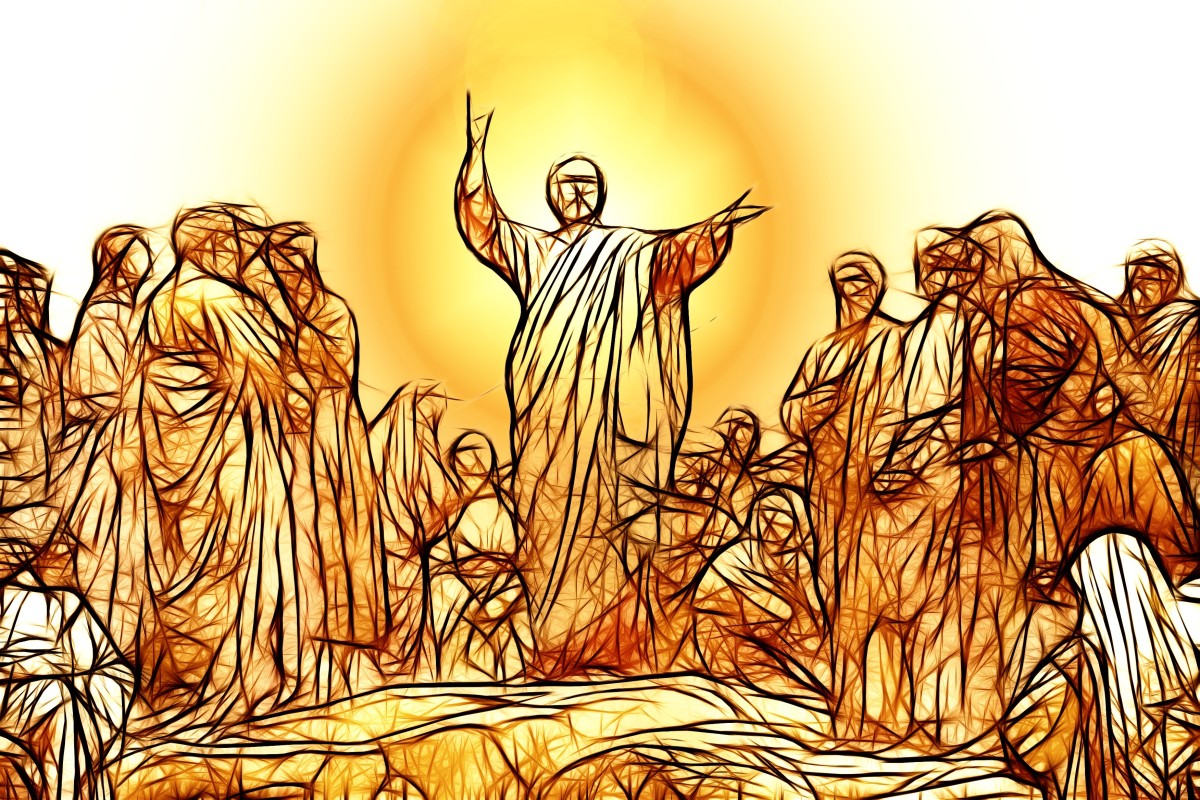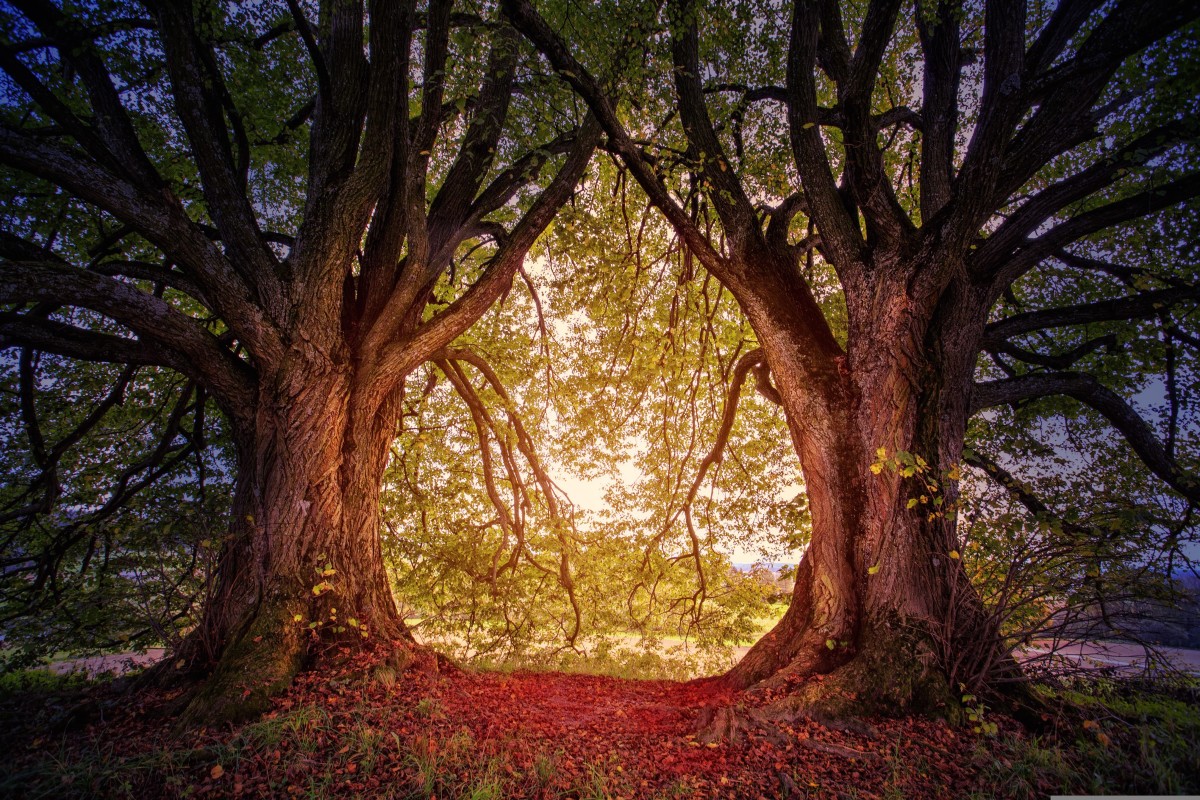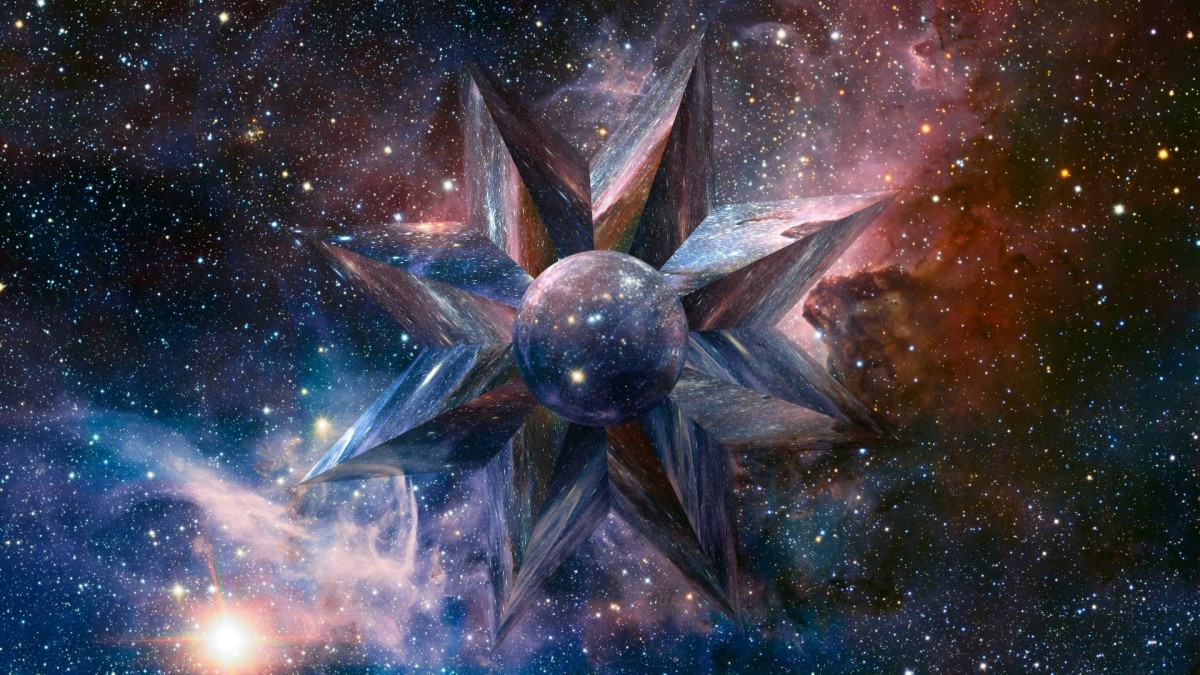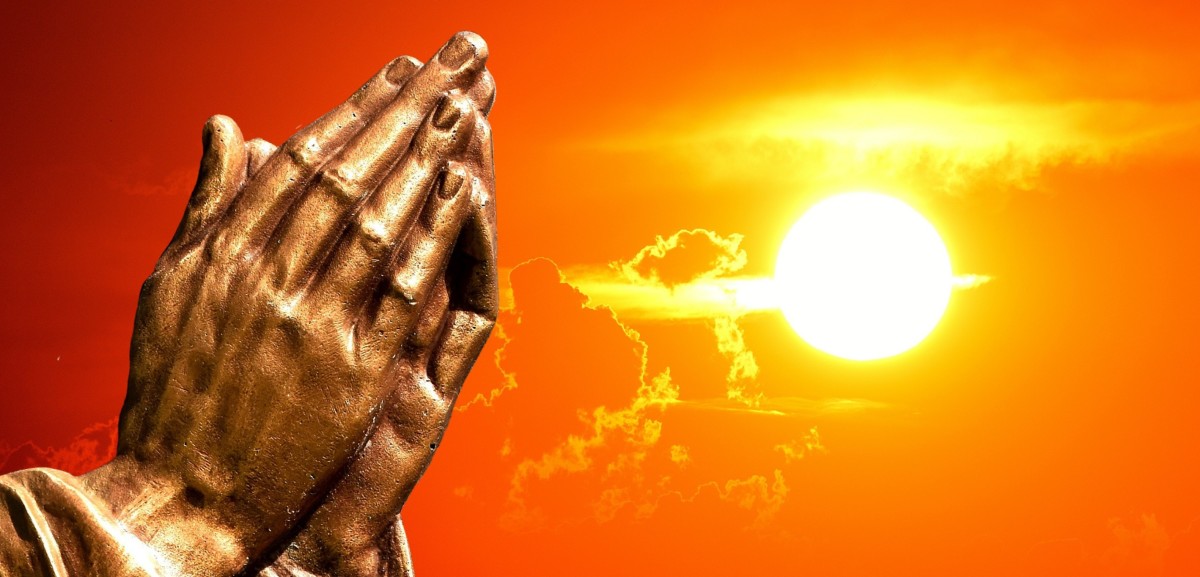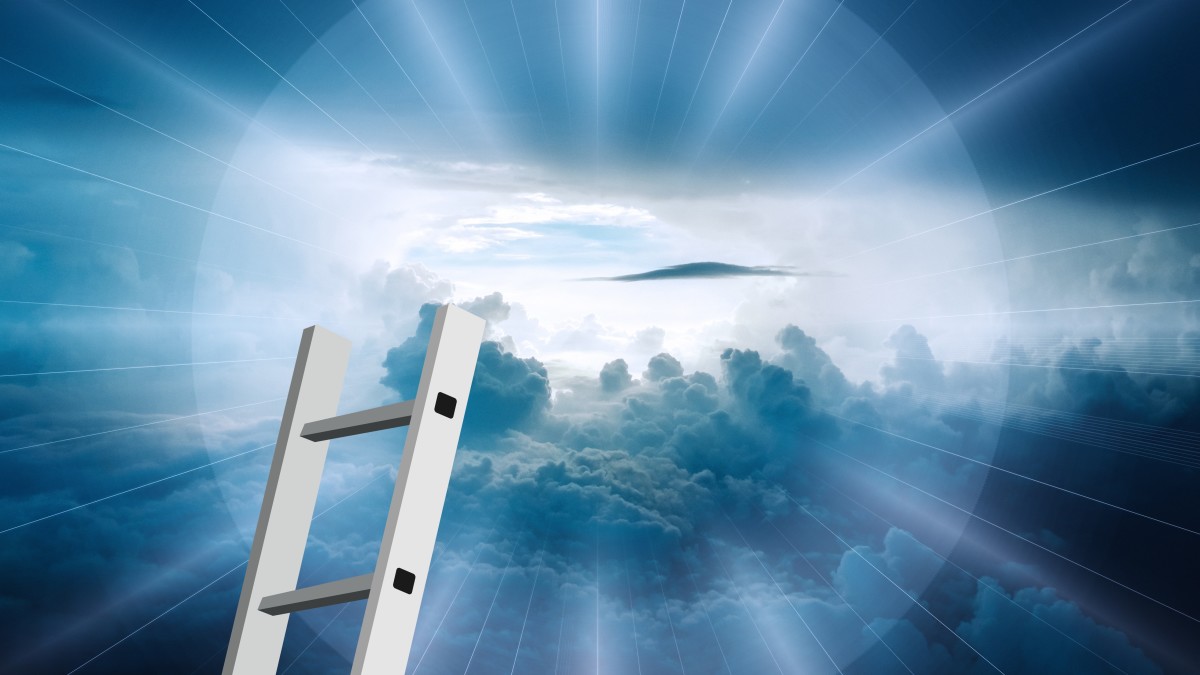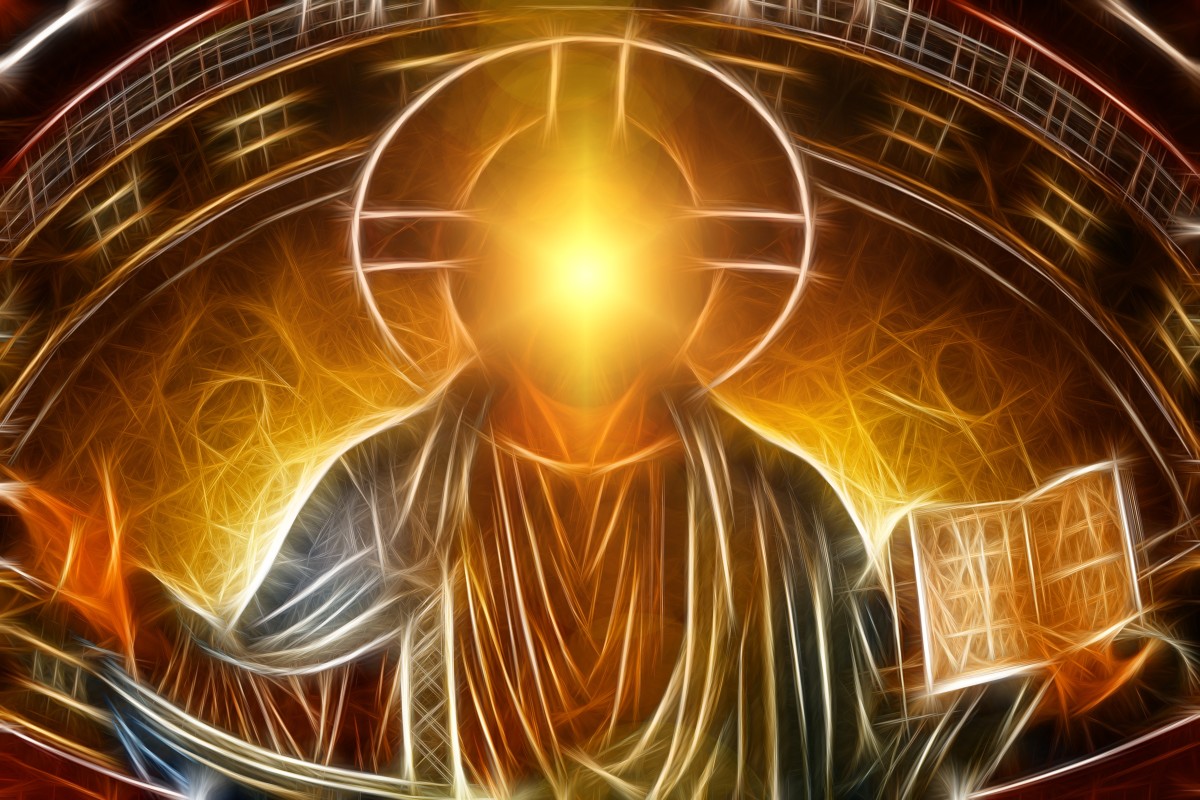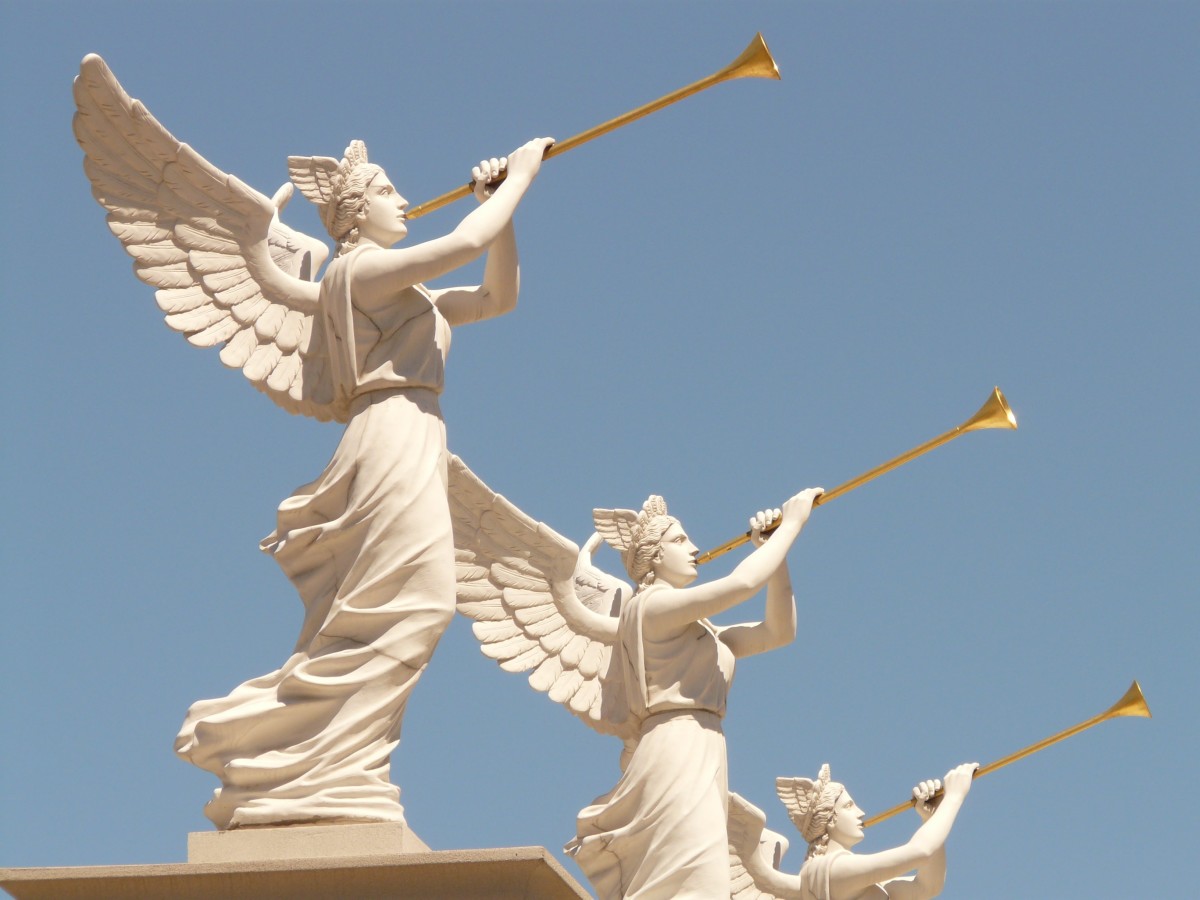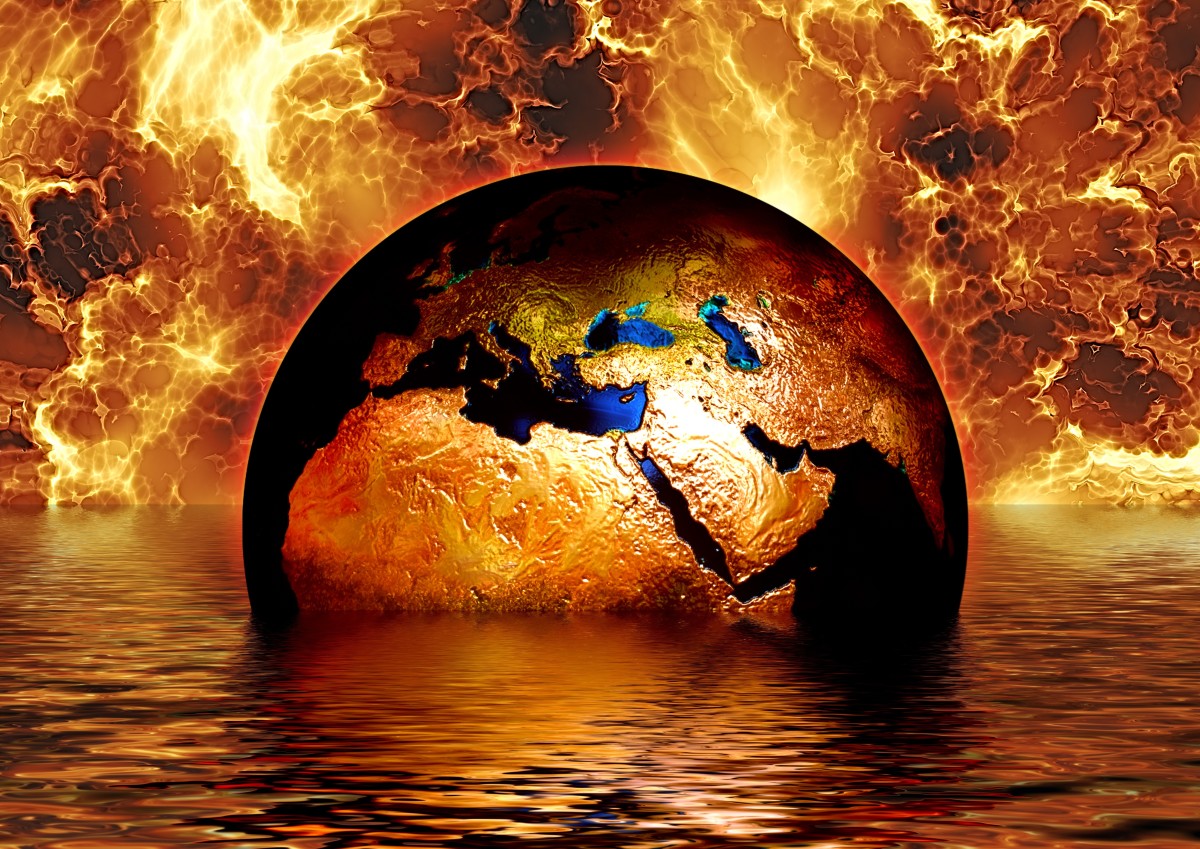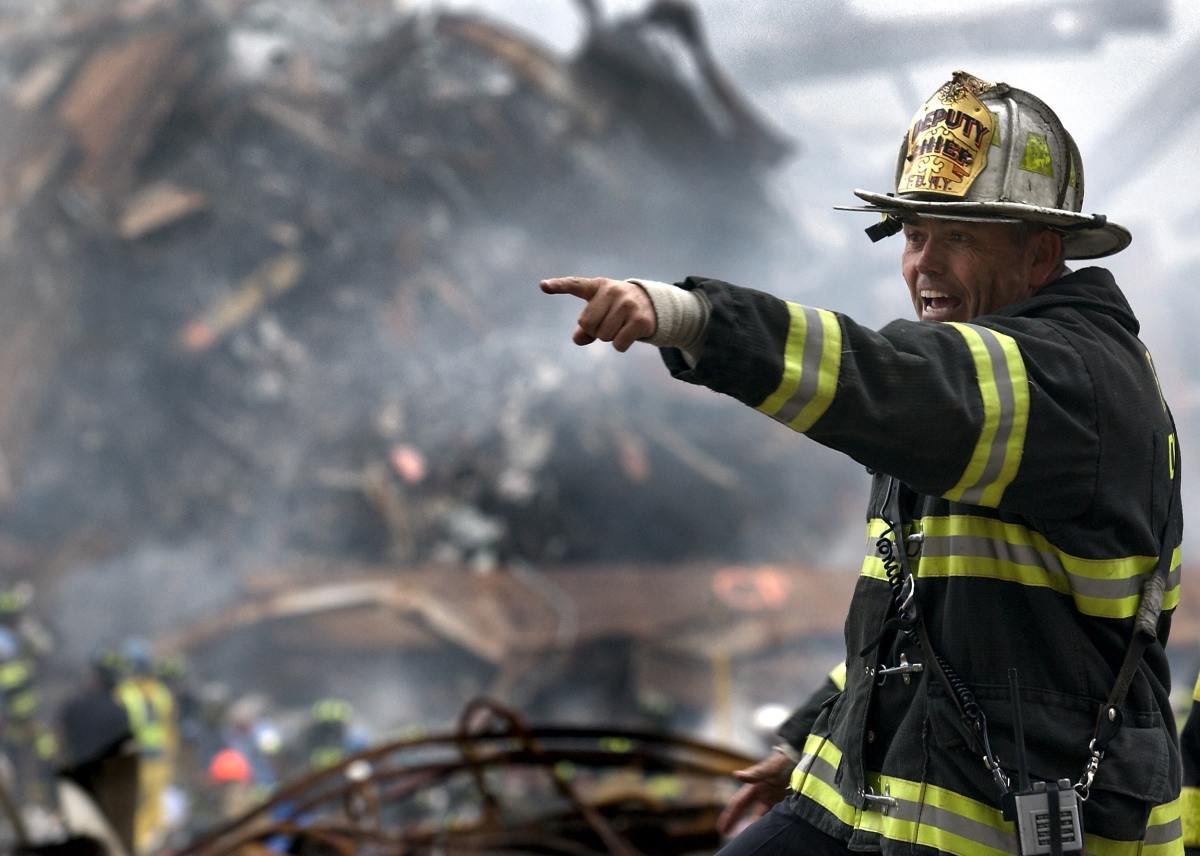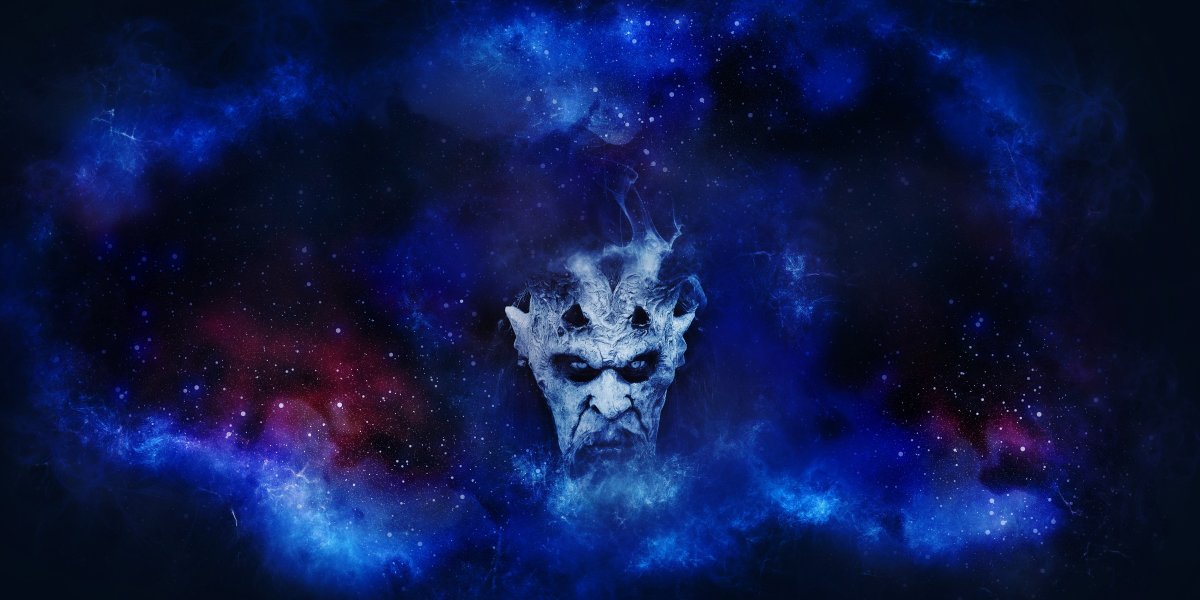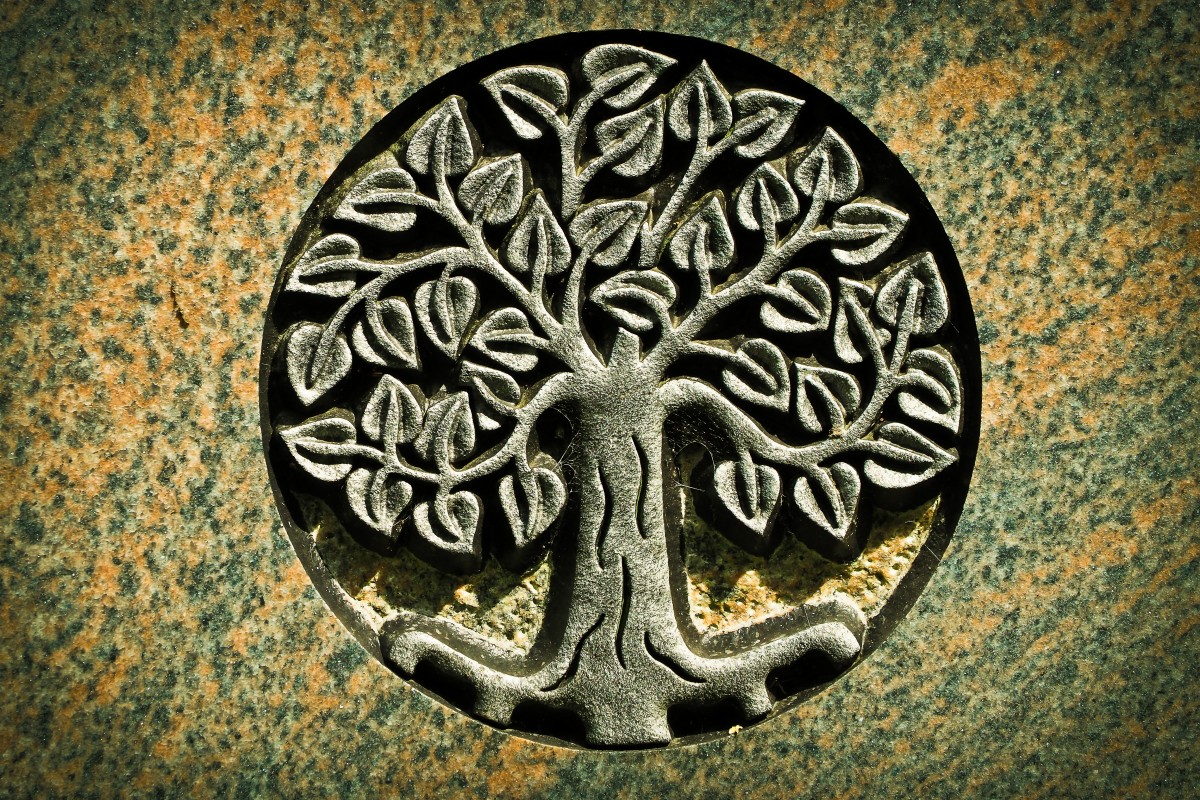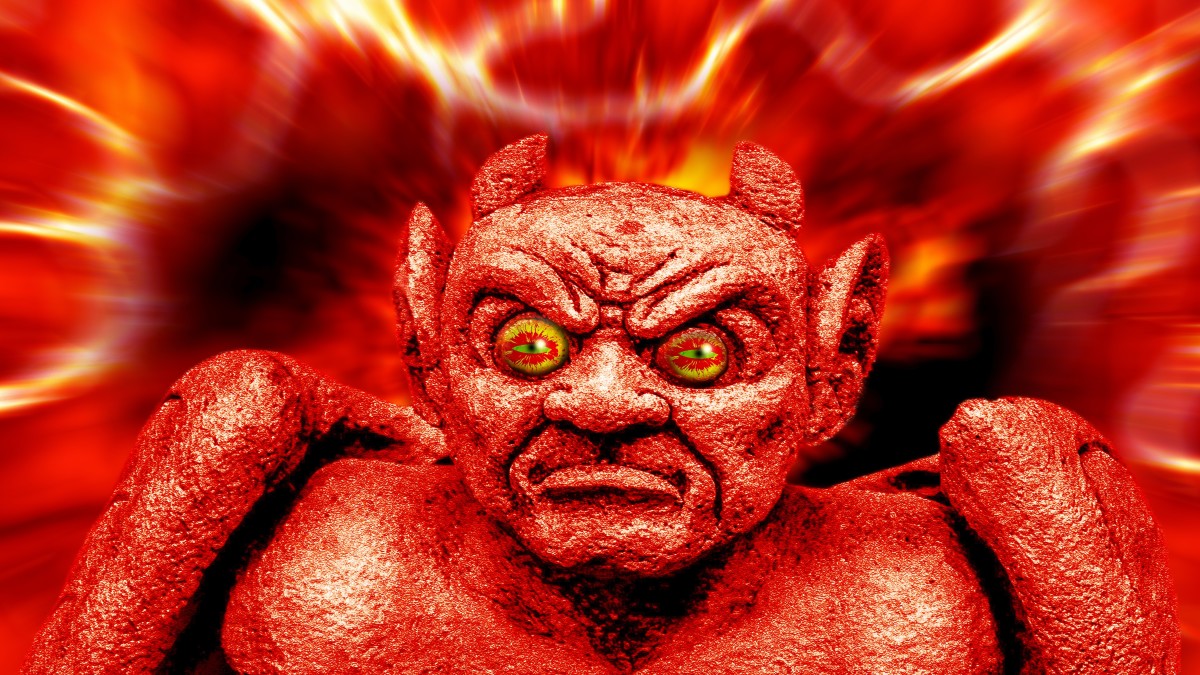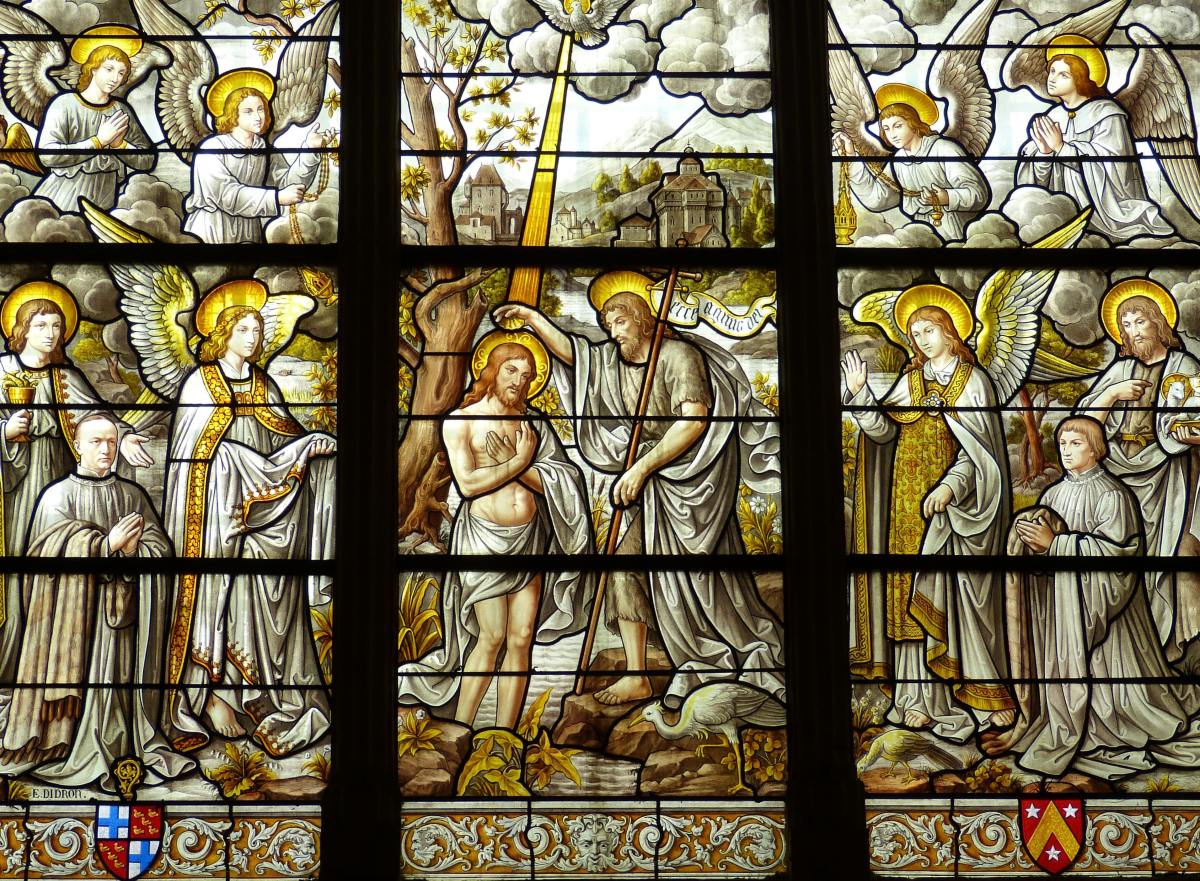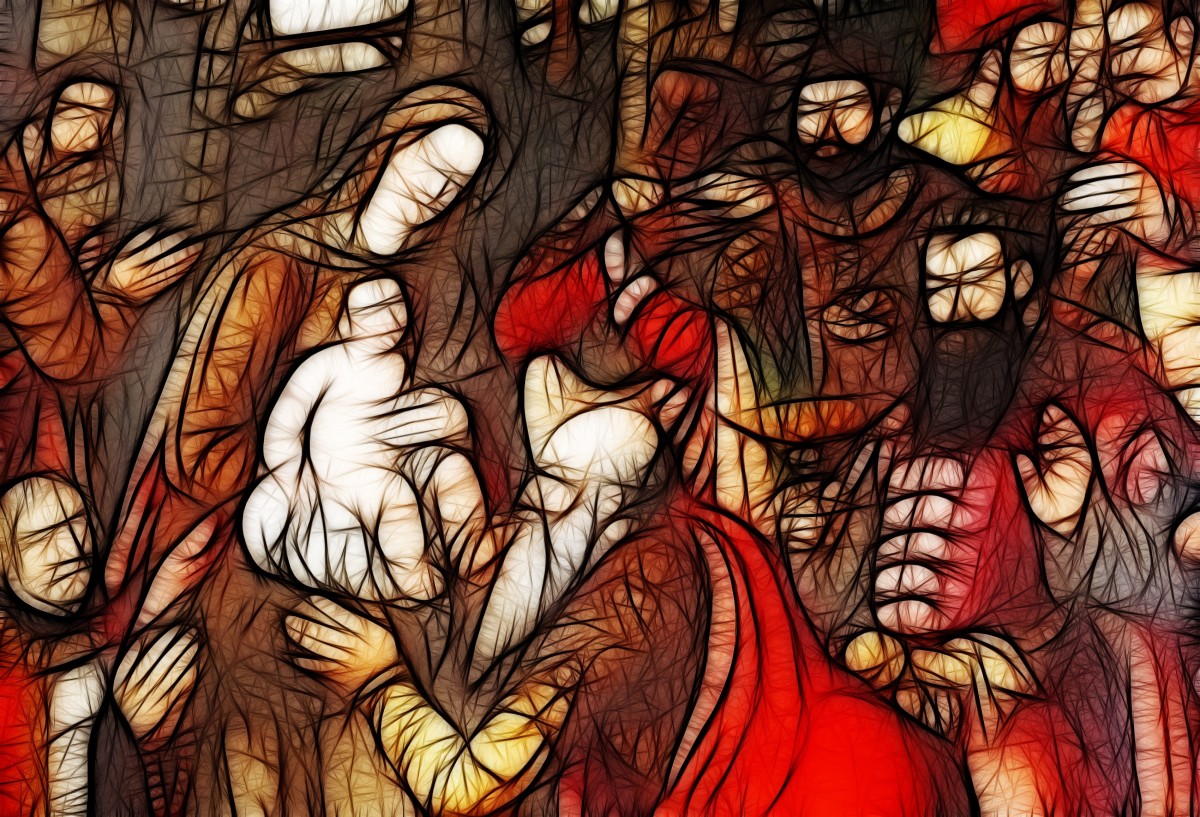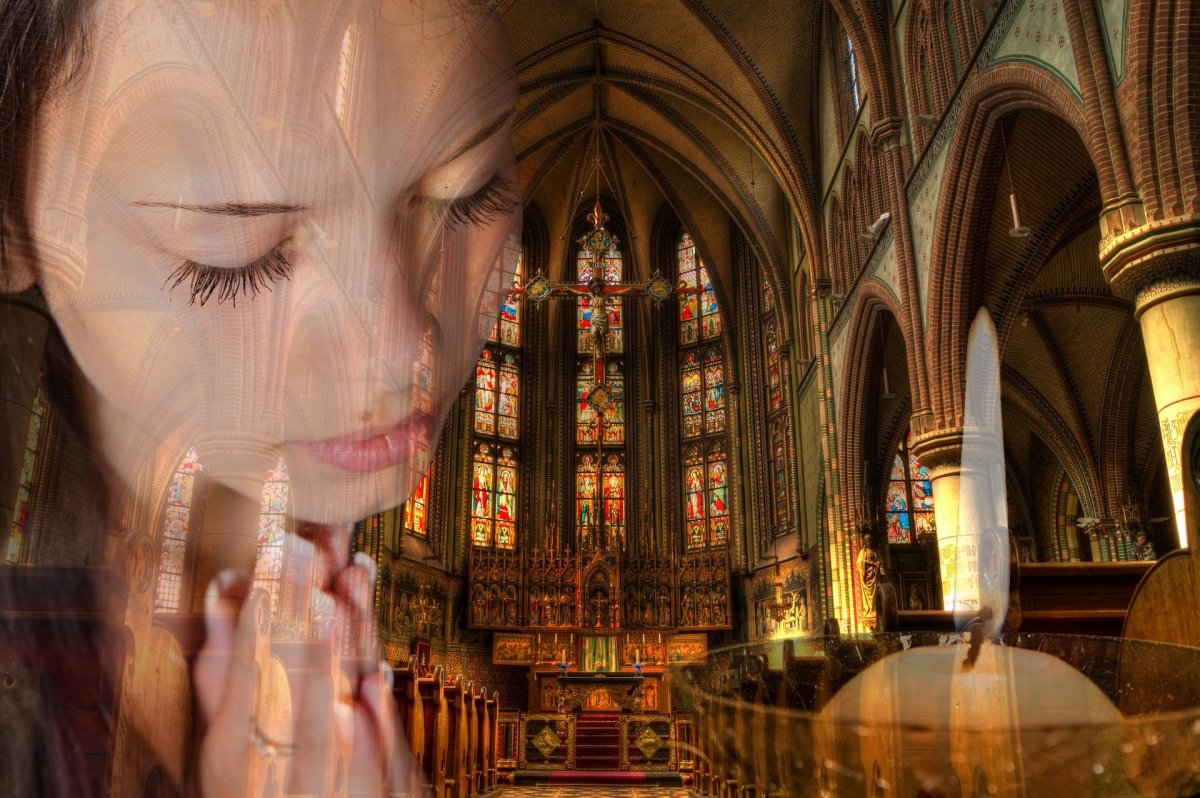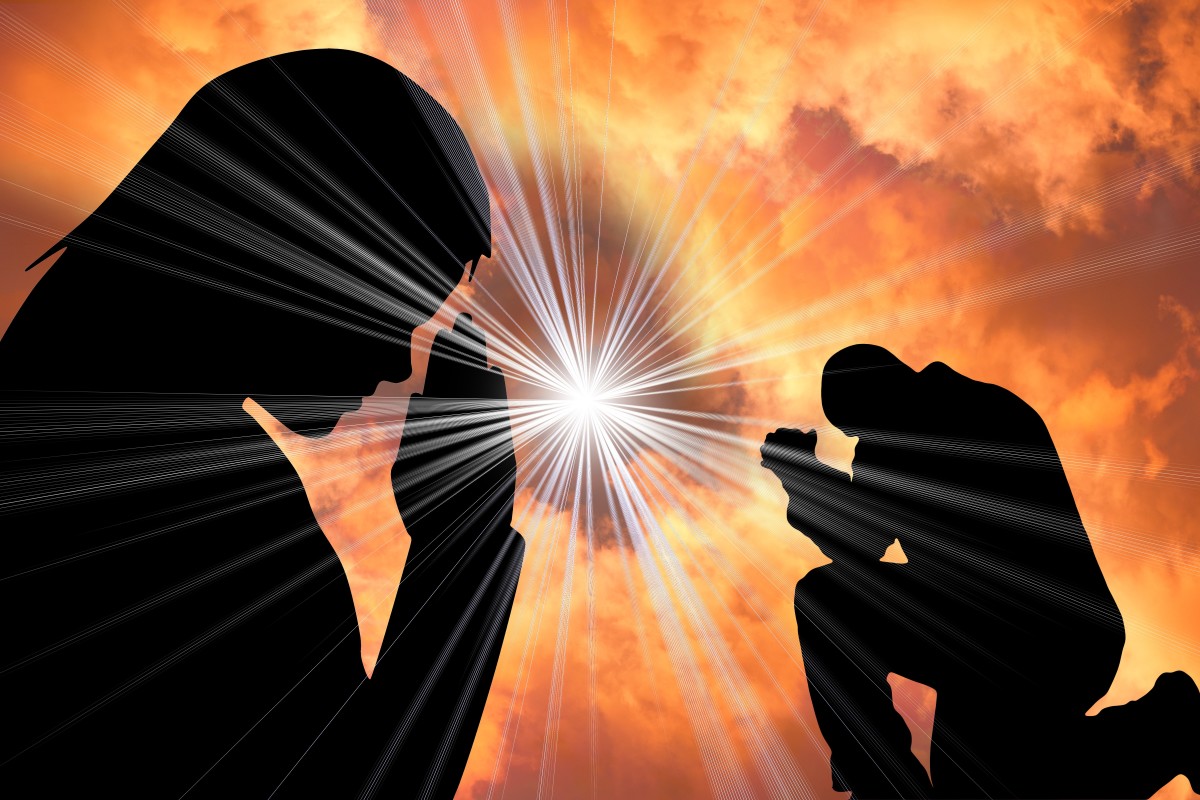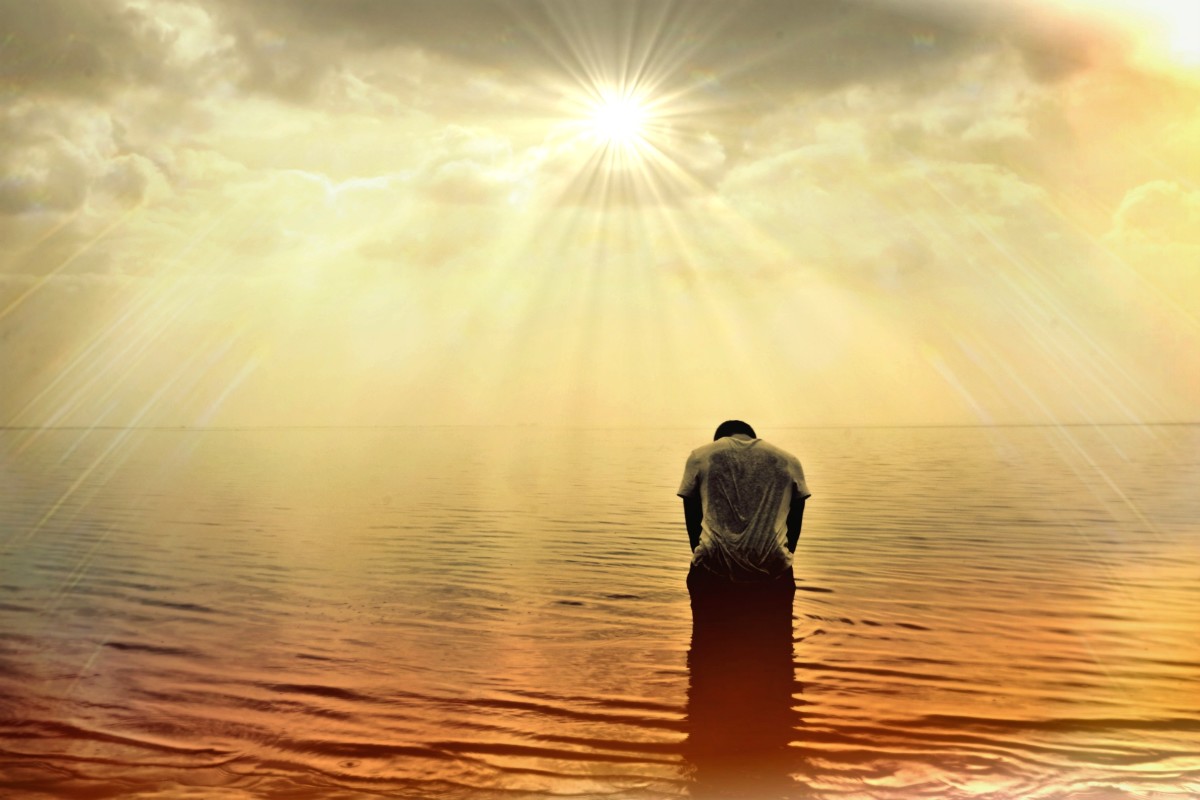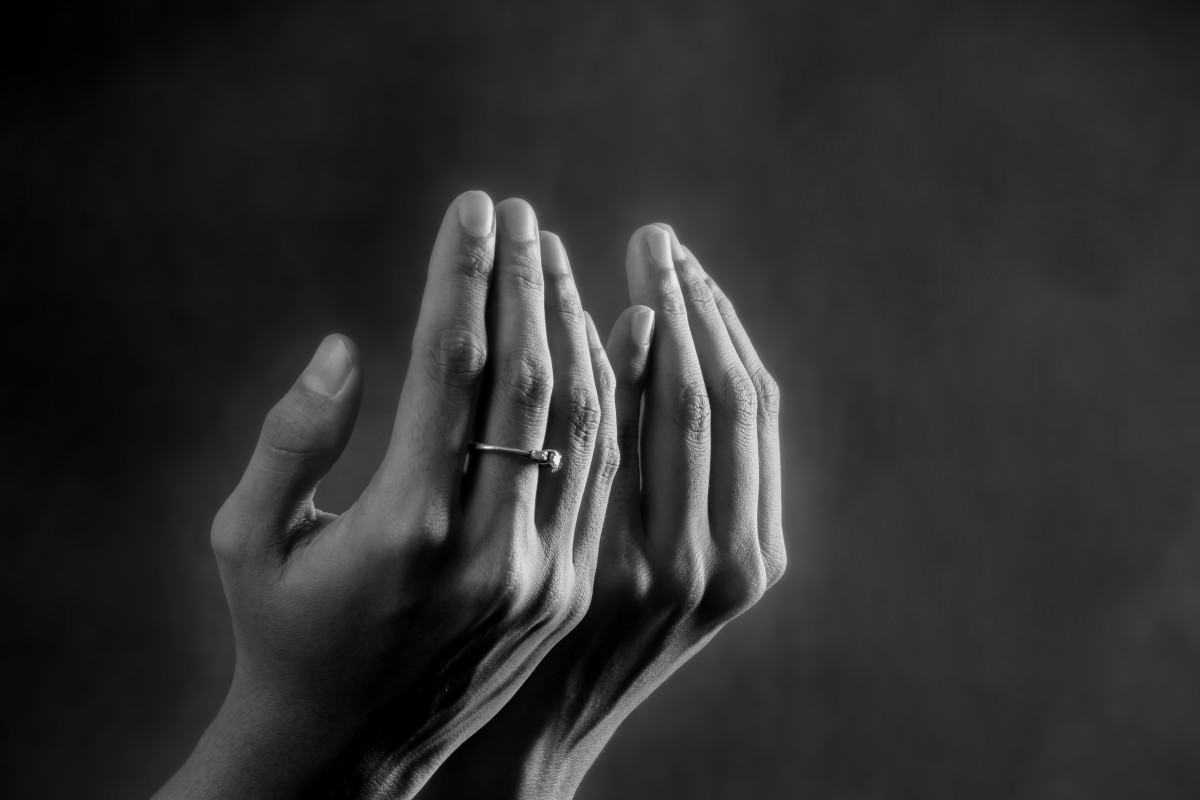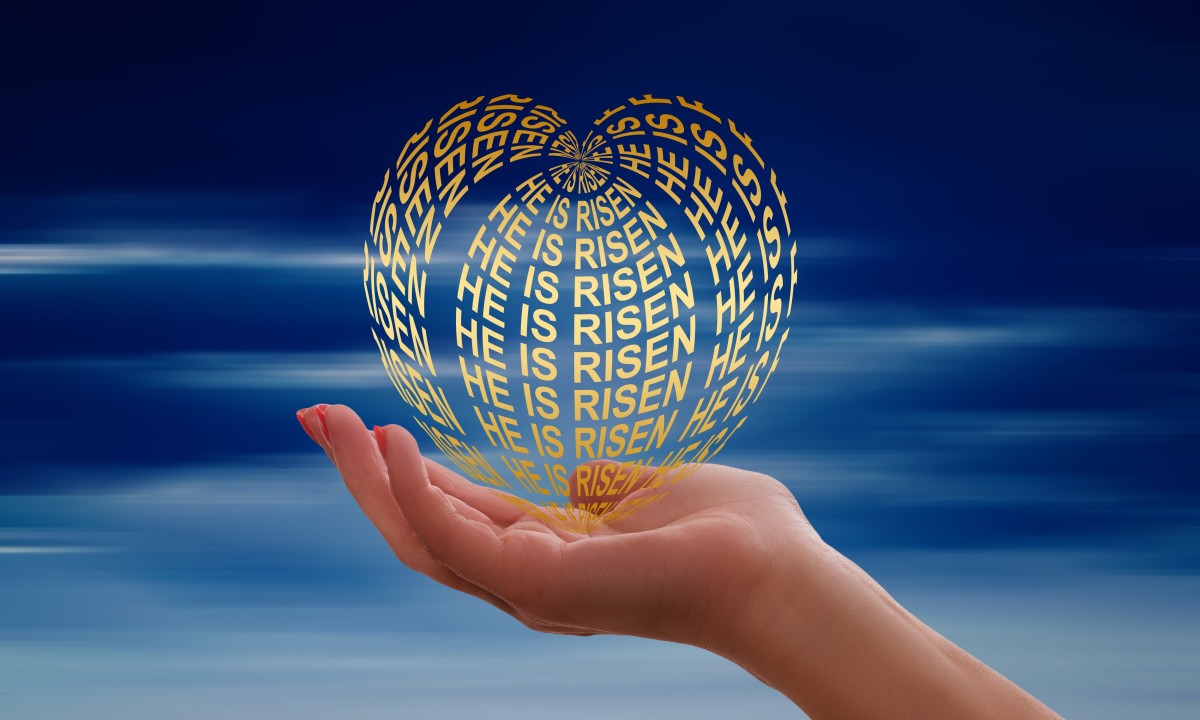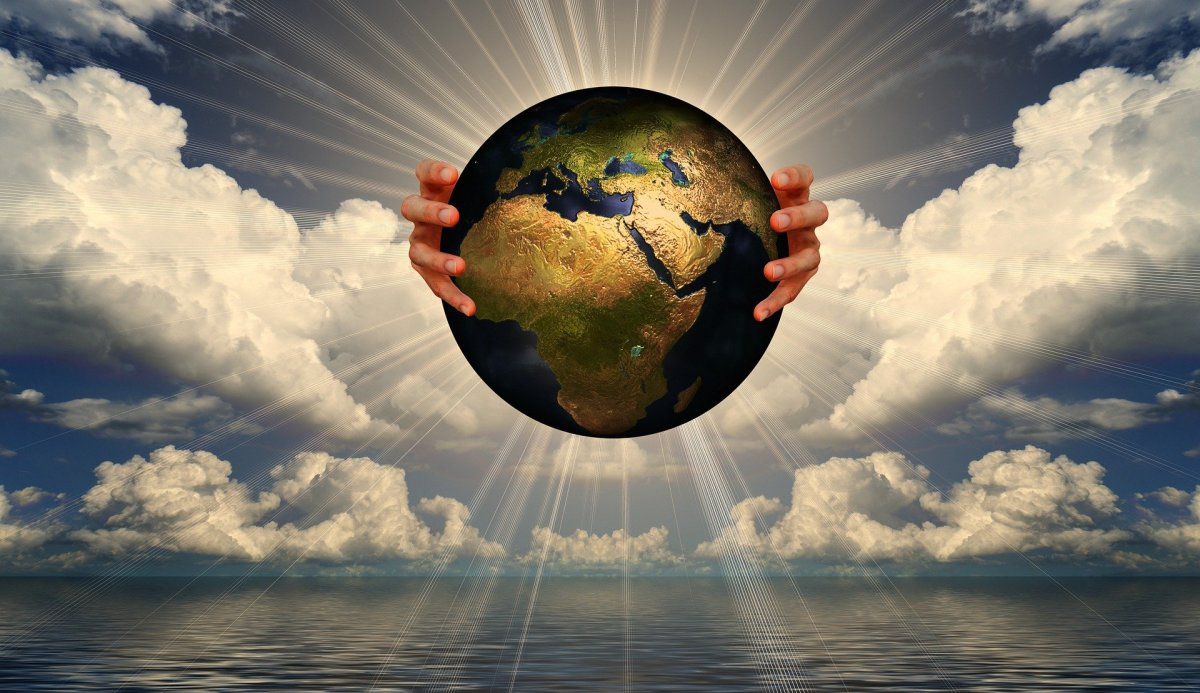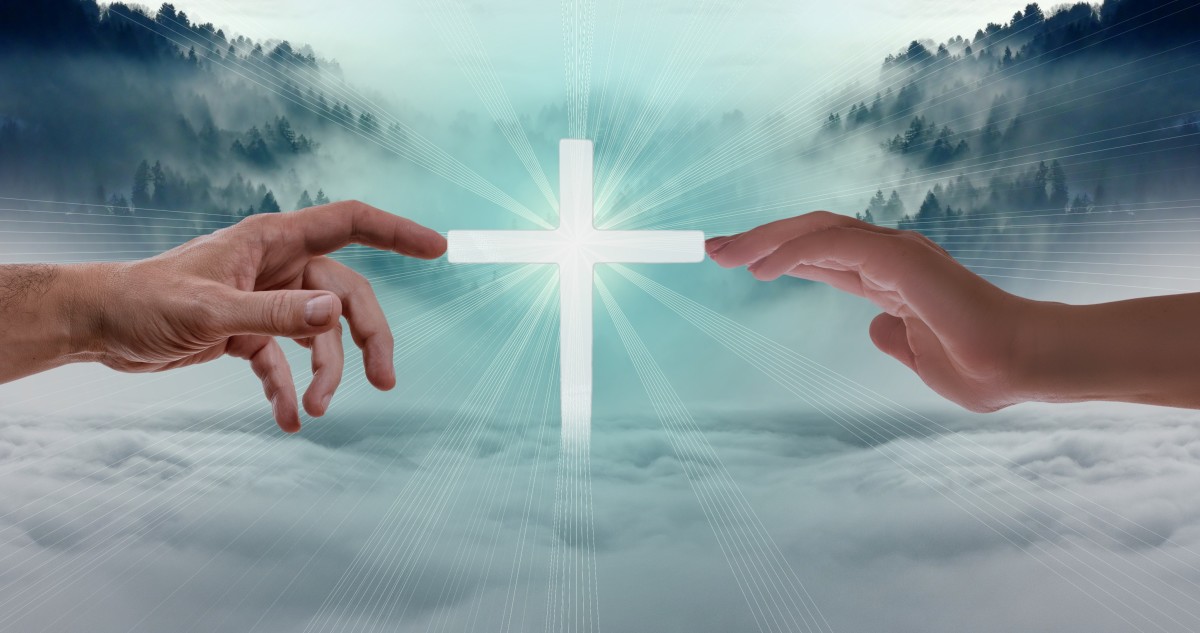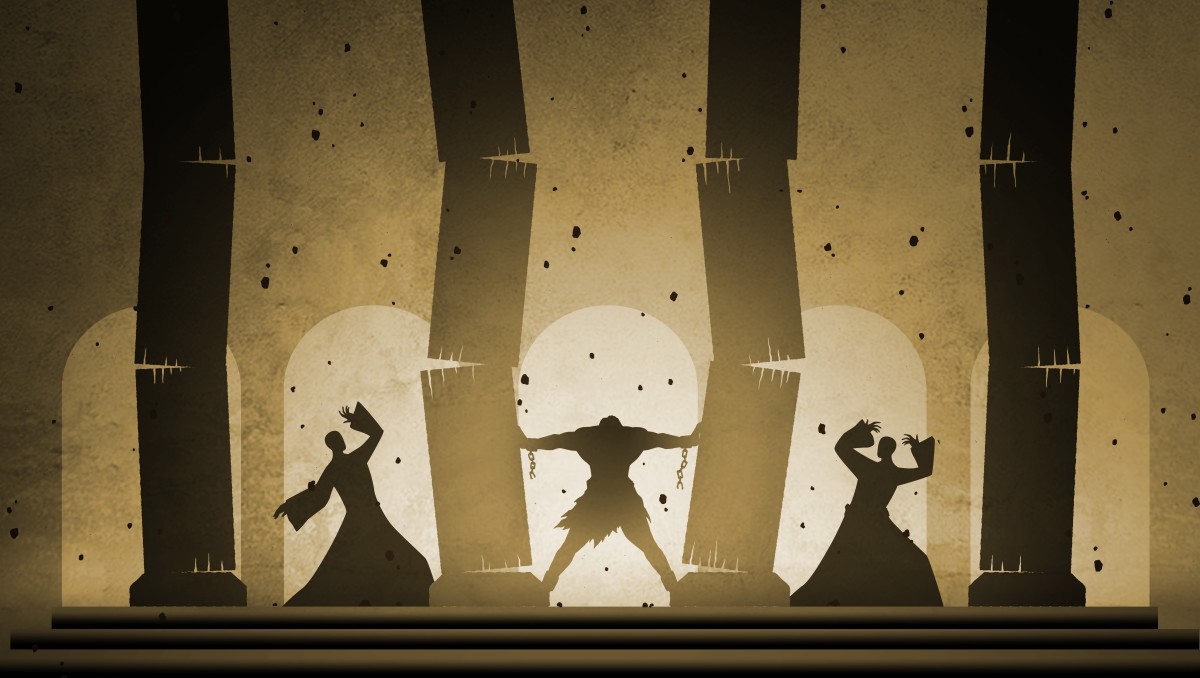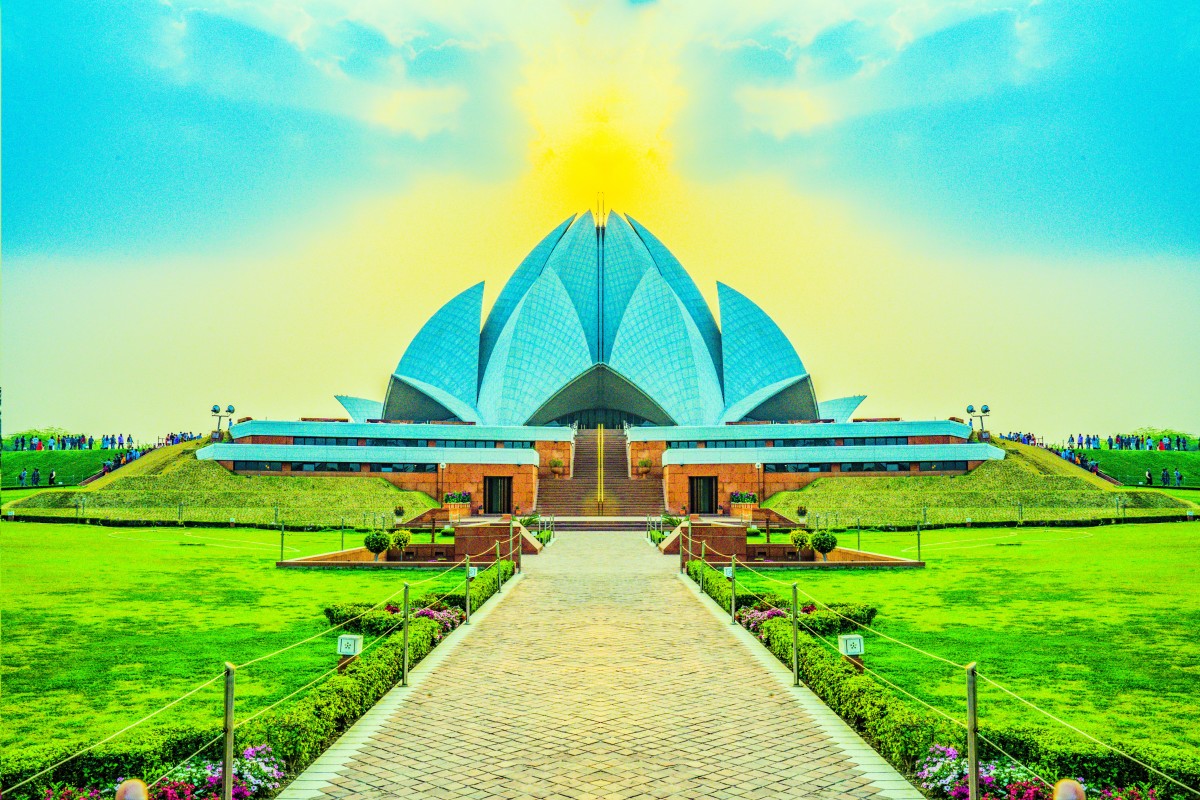 79
79- 0
All You Need to Know About the Prophecy of the Last Pope
Six elements can be identified in the concluding segment of the Prophecy of the Popes: viz., Peter the Roman, the interlude after Peter, the seven-hilled city, its destruction, the dreadful Judge, and the Judgment. This article analyses the threat and the promise associated with these six elements.
- 0
Questions for Ahmadis About the Claims of Ahmadiyya
Ahmadiyya prides itself on being a reform movement within Islam. However, the Messianic claim of its founder raises some profound questions that sincere Ahmadis need to answer.
- 0
A Common Home for Disillusioned Christians and Muslims
Christians have been converting to Islam in large numbers in recent times, but so are Muslims converting to Christianity on a comparable scale. So, what is going on? And where can the two groups find a common home to live harmoniously together and thrive spiritually?
- 0
The Onslaught of Gog and Magog in Islam
Obscure as the names Gog and Magog might sound, they feature in all the major Abrahamic faiths—Judaism, Christianity, Islam, and the Bahá’í Faith. This article discusses the Islamic perspective of this ominous subject.
- 0
The Onslaught of Gog and Magog in Christianity
Gog and Magog are portrayed as a sinister force in the Bible. But while the Old Testament Book of Ezekiel predicts their emergence in the latter days, the New Testament Book of Revelation expects them to appear only after the Millennial reign of Christ. So, what is going on?
- 0
The Onslaught of Gog and Magog in Judaism
The prophetic Book of Ezekiel foreshadows the war of Gog and Magog “in the latter days”. It is outwardly a war waged against Israel. What is not apparent is that there is a hidden element to the prophecy, an element that can leave readers either excited, confused, sceptical, or even indignant.
- 0
What Is the Mark of the Beast in the Apocalypse of John?
In John’s Apocalypse, we encounter a beast who has power over all nations and compels everyone to be branded with a distinguishing mark. This article explores the figurative nature of this vision and why its fulfilment began in the past.
- 0
Sure Keys to the Hidden Meanings of End-Time Prophecy
While all religions await the imminent appearance of a Holy One from God, he is unlikely to be welcomed by all but a few at his advent. The reason is the misinterpretation of prophecy. This article offers infallible keys for understanding end-time prophecy.
- 0
All the Seven Levels of Spirits in Existence
Most people can probably accept the concept of God as a Spirit. They might also be familiar with the existence of the Holy Spirit and the idea that man has a spirit. But do you know there are other spirits in existence? There are in fact seven levels of spirit. Follow the discussion to learn more.
- 0
The Bahá’í Temple, a True House of Prayer for All People
It is a characteristic of every independent religion to erect places of worship that are distinct from others. The Bahá’í Faith is no exception. It has been building houses of worship that are unique in designation, architecture, and function.
- 0
How the End-Time Visions of Six Faiths Were Fulfilled as One
It might surprise many to learn that the end-time expectations of all the major world religions find their fulfilment in just one soul-stirring occurrence.
- 0
Confronting the Common Myths About Jesus’ Second Coming
Christians await Jesus' return. That said, their expectations are shrouded in myths and distorted by illusions. This article not only discusses these myths but also offers a surprising answer.
- 0
The Four Aspects of Man – Body, Soul, Mind and Spirit
Man (generic) is the most mysterious of all creatures on the earth plane. He is endowed with a body and a mind as well as a soul and a spirit. What are the differences between these four aspects of his reality?
- 0
Some Distinguishing Facts About the Bahá’í Faith
Every religion displays elements that are unique from other faiths. The Bahá’í Faith is no exception. It has much that sets it apart from every other religious movement in the world.
- 0
The True Significance of All Places Cited in the Apocalypse
In the Apocalypse of John are references to several places – by name or by allusion. But do these places have an actual bearing on the unfoldment of the Parousia (Second Advent)? The answer might surprise you.
- 0
How the Apocalypse of John Mirrors the Prophecies of Daniel
Do you know that much of the end-time prophecies of the Bible’s Book of Daniel are just a mirror image of John’s Book of Revelation? This article explores the intriguing correlation.
- 0
The Major Differences Between Ahmadiyya and Bahá’í
Two religious movements with similar Messianic pretensions – one proudly a sect of Islam, the other a new and independent religion – but what else differentiates Ahmadiyya and Bahá’í?
- 0
Maitreya, the Long-Awaited Fifth Buddha, Has Come!
Buddhism is among the great world religions. Its Founder is Gautama Buddha, who promised the coming of a future Buddha named Maitreya, the fifth in the line of Buddhas. Who is Maitreya, and has he come?
- 0
Who Are the Exalted Angels Who Come With Christ at the End Times?
Jesus is expected to descend at the end times with his exalted angels. Do we have any idea who or what these angels truly are?
- 0
How to Interpret Muslim Criticisms of Core Christian Beliefs
The Sonship and Divinity of Jesus, the Trinity, the Crucifixion, and the Resurrection—these are some core Christian teachings not fully supported in the Qur’an. Why the discrepancies, and how can they be reconciled?
- 0
Does the Qur’an Really Contradict Core Christian Beliefs?
Some core Christian teachings are denounced in the Qur’an. Here’s why the Quranic positions do not necessarily contradict the Bible’s teachings.
- 0
A Revolutionary Approach to Universal Compulsory Education
Universal education is a goal being pursued by governments and international agencies across the globe. The Bahá’í vision offers a radical new approach to achieving this important goal worldwide.
- 0
10 Good Reasons Why Islam Cannot Be the Last Religion
Muhammad, the Prophet of Islam, did claim to be “the Seal of the Prophets”. But did he mean no religion comes after Islam? Surprisingly, the answer is BOTH yes and no.
- 0
What Will the Bride Be When Jesus Returns as the Bridegroom?
The Return of Jesus is earnestly awaited. The Gospel expects him to come as “the Bridegroom”. What then will be the Bride? The Church? Let's explore this mystery.
- 0
What the Shi’a-Sunni Rift in Islam Is All About
Islam is almost always a hot topic in the news. It often revolves around either the Shi’a or Sunni faction or both. What sets these two big branches of Islam apart?
- 0
When Religion and Science Work Together
Science and religion are often seen as opposed to each other, yet they are both endowments from God. Collaboration between them will bring great blessings to the human family.
- 0
Where Are All the Generations Gone?
As we keep growing day by day and year by year, we notice the people around us disappearing one after the other into the abyss of death. What does this all mean?
- 0
The Surprising Reason Europe Was Able to Rule the World
By World War I, Europe had established colonies and empires that circled the planet and traversed every region of the globe. How were they able to pull off such an extraordinary feat?
- 0
What Heaven Means to a Jew, Christian, Muslim and Bahá’í
Heaven is a concept that appears often in religious discourse. How is it defined in the major Abrahamic religions – Judaism, Christianity, Islam, and the Bahá’í Faith?
- 0
When Did the End Times Begin, and Why Should You Care?
The Abrahamic faiths anticipate a Messianic appearance at the end times. Knowing when the end times began is crucial to unravelling this mystery.
- 0
Prejudice, Its Many Faces, and What to Do About It
Prejudice appears in many forms—ethnic, racial, gender, etc. It begets division and conflict. How do you get rid of something so ingrained?
- 0
How to Know When a Religion Has Exhausted Its Usefulness
Each religion starts small, evolves over centuries, and brings about far-reaching societal transformation. A paradigm shift then occurs in society for which the religion is unable to offer a credible answer.
- 0
Why Jesus Can Only Come From Heaven by Way of the Womb
Christians expect Jesus to return imminently, descending majestically from above and seen by all. But here is why he comes as normally and quietly as he did the first time.
- 0
Islam’s Claim to Finality and the Paradox of Jesus’ Return
Muslims are certain Muhammad is the last Prophet of God and Islam is humanity's final religion. How can this viewpoint be reconciled with the Islamic belief in the imminent return of Isa (Jesus)?
- 0
The Five Great Nations Promised to Abraham
In the Bible, God promises Abraham that from his seed all the nations and families of the earth will be blessed. We look at five nations through which this promise has been fulfilled.
- 0
Why the Number 19 Brought Joy, Then Dismay, to Muslims
What is in a number? A lot, if that number happens to be 19 and if it concerns Islam and its holy book, the Qur’an.
- 0
Why Jesus Did Not Openly Announce the Coming of Muhammad
For the most part, Christians do not care much about Muhammad. They do not see his name in the Bible—which is why they are not overly impressed by his claim to be a Prophet of God.
- 0
The Apocalypse of John Describes Wars in Heaven. What Wars?
John’s Book of Revelation features wars in heaven. But could there really be wars in such a holy environment where the Almighty, All-Consuming God resides?
- 0
Beware of Psychic Arts and Practices!
Interest in psychic phenomena is widespread. And most people will dabble all too readily in them if given the chance. What they may not be aware of, however, is that there are grave dangers associated with psychic practices.
- 0
What the Parables of the Kingdom Tell Us About the End Times
The gospel parables of the kingdom offer perspectives on the unfoldment of the end times that one cannot find elsewhere. They help provide a more complete and credible picture of how the Second Advent unfolds.
- 0
Yes, the Universe is Teeming With Alien Creatures
“Are we alone in the universe?” is a question everyone is asking but no one seems to know for sure. Well, one religion does have an answer. It affirms that man is not alone in this vast universe.
- 0
The Perilous Path to Nuclear Disarmament
The world cannot be held hostage by nuclear weapons forever. There will come a time when the imperative necessity for comprehensive nuclear disarmament will be universally felt. Will that day come peacefully or it will be in the midst of carnage?
- 0
A Day Like No Other (Poem)
The poem is a reflection on the tumultuous times we live in. Amid the upheavals of the times is a countervailing push toward order, unity, and peace, but it requires the participation of all.
- 0
The Amazing Daniel and His Fascinating Vision of Michael
Is Michael a Persian prince or an Archangel? Daniel has an answer, but it goes far beyond anything most Christians might be willing to contemplate. And yet seldom could a Messianic prophecy be of such clarity and directness as this vision of Daniel.
- 0
Bahá’í Prayers That Any Worker Can Use in Times of Need
The struggling worker is always in need of somewhere to turn to. Prayers can offer hope, strength, and support. Try the following Bahá’í prayers if you don’t know how to pray.
- 0
The Five Holy Souls Who Were Transfigured Like Jesus Was
In the Bible, we read about the Transfiguration of Jesus, But do you know that several other holy souls were also transfigured?
- 0
Why Christians Should Care About the Man With the Number 666
There is a reference in the Apocalypse to a beast with the number 666 representing a specific individual. The Apocalypse is about the Second Advent, so shouldn’t knowing this man open a door to a deeper understanding of the Event?
- 0
Bahá’í Prayers for Spiritual Growth That Anyone Can Use
There comes a time when one feels an inner urge to connect with the Creator—not for any mundane reason but to tap into the great spiritual energy from on High. The prayers in this article could be used in such moments.
- 0
The Best Biblical Way to React to the Bahá’í Messianic Claims
Ask a Bahá’í, and he will tell you that the Second Advent of Jesus has long occurred. A Christian would of course instantly dismiss such a claim as blatantly false and manifestly impossible. But is that the biblical way to respond to such a momentous claim?
- 0
How Do Jesus and the Bahá’í Prophets Compare?
The similarities between Jesus and the Báb (and, to a lesser extent, Bahá’u’lláh and other Founders of religions) are indeed intriguing. The subject is explored here.
- 0
What Are the Three Woes of the Apocalypse of John?
Three “woes” are depicted in John’s Book of Revelation. What are these woes, and how do they relate to the advent of the promised Christ?
- 0
The Tree of Life and Its Symbolism in the Apocalypse of John
The Apocalypse of John makes intriguing references to the Tree of Life. But is this not the same tree that was put out of man's reach in Genesis, the first Book of the Bible? Then what is it now doing in the Bible's last Book?
- 0
The Mysterious Land of the Euphrates in the Apocalypse of John
It is called “the great River Euphrates” by the Apocalypse of John. Why is this river called “great”? And why does the Land of the Euphrates feature in a Book dedicated to the signs of the end times?
- 0
Bahá’í Prayers of Forgiveness That Can Be Used by Anyone
Man errs all the time and is thus always in need of divine forgiveness. Not all can find the words to pray, however. Revealed here are some prayers for forgiveness, mostly Bahá’í (but also from the Gospel), that can be used or adapted for use by anyone irrespective of religious affiliation.
- 0
The Man Known by the Number 666 in the Apocalypse of John
After scouring the universe for the identity of the man known by the number 666, it is time for Christians to focus on the religion of Islam because it contains the answers to many of the mysteries of the Apocalypse, including the number 666.
- 0
The Third and Final Phase of the End Times: Universal Awakening
The secret of the end times is that it unfolds over a long period spanning three distinct phases. While the Messianic Advent occurs in the first phase, it is only in the third phase that “every eye” will “see” the promised Christ.
- 0
The Middle Phase of the End Times: Integration and Disintegration
The secret of the end times is that it unfolds over a long period spanning three distinct phases. The Messianic Advent occurs in the initial phase; in the middle phase, Christians begin to take notice.
- 0
The Initial Phase of the End Times: As a Thief in the Night
The secret of the end times is that it unfolds over a long period spanning three distinct phases. The Promised Christ makes his appearance only in the initial phase, with little fanfare and unknown to the vast majority of the world's people.
- 0
6 Articles on John’s "Book of Revelation"
This article offers a summary of each of the six articles written by this author on John’s "Book of Revelation."
- 0
Is Muhammad in the Old Testament Bible?
For many Christians, Islam is nothing short of an enigma: Is it a true or false religion? Take a look at these prophecies of Muhammad in the Bible for an answer.
- 0
The Logic of The Revelation of St. John, an Overview
By a logical analysis and sequencing of events, this insightful book attempts to demystify many of the symbols, scenarios, and themes of John’s Book of Revelation. Here follows an overview of what to expect from its contents.
- 0
Armageddon, What, Where, When Is It?
The Bible’s Book of Revelation foreshadows the gathering of the world’s nations “to the battle of that great day of God Almighty.” And the name of the place? Armageddon! But what exactly Is Armageddon? If it is indeed a place, where is it? And when is the battle?
- 0
How to Tell Between the Promised Christ and False Christs
Discuss a new religion with a Christian and you are likely to be reminded of warnings in the Bible about false Christs. But how easy can it be to tell a true Christ from a false prophet?
- 0
From Rags to Riches: The Mystical Dimension of Wealth
While having the wherewithal to take care of all one's material needs and worldly interests can be immensely liberating, not many pause to contemplate the deeper and more mystical aspects of wealth and riches.
- 0
The Vision of St. John the Divine: The Twin Manifestations of God
Why does John’s Apocalypse allude to the appearance of two Messiahs on the Last Day when most scholars of the Bible seem convinced of the coming of the one and only Jesus Christ of Nazareth? This question is explored in this article.
- 0
The Vision of St. John the Divine: The Interrelationship of God and the Heavenly Lamb
This article explores the interrelationship between the Lamb and the Being on the heavenly throne referred to in John’s Apocalypse as “God”.
- 0
Bahá’í Prayers for Children That You and Your Kids Can Use
In helping children to cultivate the habit of prayer, parents will need to provide them with orisons that are both inspiring and varied. Bahá’í prayers not only satisfy such a need but are usable by anyone irrespective of religious affiliation.
- 0
Bahá’í Daily Prayers That Anyone Can Use
Dedicating a bit of time each day to prayer and meditation can be a very fulfilling exercise. In that regard, here are some Bahá’í daily prayers that anyone can use.
- 0
The Vision of St. John the Divine: The Lamb in Heaven Who Is Not Jesus
The Book of Revelation mainly revolves around two holy Figures. One is described as Lord God Almighty seated on a throne in heaven. The other is a Lamb that appears at first to be a representation of Jesus. The article explores the true identity of this Lamb.
- 0
The Vision of St. John the Divine: The God John Did Not See in Heaven
John’s vision in the Bible's Book of Revelation mainly revolves around two holy Entities. One is described as Lord God Almighty seated on a throne in heaven. But could this mysterious Being really be the Infinite, Omnipresent Creator of the Universe?
- 0
Bahá’í Prayers That Anyone Can Use in Times of Great Need
From time to time, we find ourselves in uncomfortable situations. Having recourse to prayer then becomes our source of strength and composure. If you find yourself in a difficult situation and wish to pray but don't know how, the Bahá’í prayers (and others) featured here could be of use to you.
- 0
Why the Messiah of the Last Day Will Not Be Jesus Christ
Christians (and Muslims) expect to welcome on earth the same Jesus who hailed from Nazareth and walked the streets of Palestine 2,000 years ago. But there are strong indications in the Bible that the Holy One who comes will be a different personage.
- 0
Popular End-Time Christian Expectations That Will Not Happen
The Bible contains a huge array of prophecies of the end times. Yet unfortunately for worshippers, many of the related Messianic expectations popularly held by them will not happen as they anticipate.
- 0
The Second Coming and the Paradox of Nuclear Bombs, Moon Landings, and All
Jesus cited mundane occurrences like wars, famines, and pandemics as signs of the Second Advent. Over the past century, man has gone beyond these to explode the atom bomb, walk on the moon, and aim for the stars. Why were these earthshattering developments not foreseen in the end-time prophecies?
- 0
Nine Paradoxes of a Nuclear War
The threat of nuclear war and the spectre of World War III have loomed large in the consciousness of the world in recent times. A war involving atom bombs can only inflict unimaginable horrors on humankind. There are paradoxes associated with a nuclear conflict, though. We look at some of these.
- 0
Where Are the Safe Places in an All-Out Nuclear War?
Hints and threats of nuclear confrontation have become a subject of discussion worldwide in recent times. Such a development must ginger all to urgently explore issues of safety and survivability in the context of a nuclear apocalypse.
- 0
The Looming Nuclear Conflagration and What the Scriptures Have to Say
The world is in crisis. A world-engulfing nuclear conflagration hovers ominously on the horizon. But what are the deeper causes of this situation and what can the scriptures tell us?
- 0
What Is the Inner Meaning of the Temptation of Jesus?
Just before the start of his divine mission, Jesus was led by the Holy Spirit into the wilderness to fast and be tempted by the devil. But what does this temptation really mean? Why did it have to happen? And was it all literal?
- 0
The Garden of Eden's Tree of Life
Did a Garden of Eden exist in a literal sense? Were Adam and Eve the first humans on earth? And were their tranquil lives disrupted through the evil machinations of a snake? What was the forbidden fruit? And what was the tree of life? These and other questions are explored in this article.
- 0
What Christmas Means to Bahá’ís
Christmas is an important day in the Christian calendar, a day set aside to celebrate the birth of Jesus. Over time, it has taken on a universal character and is celebrated by many across the globe irrespective of religious affiliation. But what does the occasion mean to members of the Bahá’í Faith?
- 0
Who or What Is Satan?
The subject of Satan or the devil comes up frequently in religious discourse, especially in the Abrahamic faiths. But who or what is the devil? Is it an actual living being created by God? If so, why are its evil attributes and diabolical actions so diametrically opposed to God’s sublime nature?
- 0
Why Do Christians and Muslims Convert Others?
Although conversion from one religion to another is not a new thing, not every faith group is amused when it loses members to conversions. We examine the reasons behind the drive for conversions in Christianity (and, to a lesser extent, in Islam).
- 0
What Is the Kingdom of God?
The concept of the Kingdom of God (or Kingdom of Heaven) was at the heart of the mission of Jesus the Christ, who also associated it with events of the Second Advent. But what is this Kingdom? Is it to be established here on Earth or it is uniquely an aspect of Heaven?
- 0
Five Messianic Claimants of Our Time
While Christians continue their long wait for the Second Coming of Jesus, several other religious groups claim that the Second Advent has already occurred and point to their respective founders as the promised Christ. We look at five such Messianic claimants and the nature of their claims.
- 0
Could the Second Coming Have Occurred Already?
Christians are in expectation of the Second Coming of Jesus. But while the gospel verses seem to anticipate a universal awareness of the Christ as he descends majestically from above, other verses seem to suggest otherwise. What are we to make of this?
- 0
The Second Coming and Why It Defies Any Predictions
The Second Coming of Jesus is a challenging subject to discuss, but its occurrence is bound to affect everyone on earth. There is no authoritative word for how such a messianic advent will unfold. Opinions and doctrines differ, and misinterpretation of prophecy is rife across all religious groups.
- 0
Bahá’í Prayers for Relief From Ill-Health and Other Afflictions
Having easy access to appropriate prayers when sick or stressed can offer a welcome relief to many, Surveyed here are a few Bahá’í prayers that can serve the needs of all people irrespective of religious affiliation.
- 0
Characteristics of a True Believer
Everyone is born unique and matures within cultural, environmental, political, ethnic, and economic settings that can differ widely. They might also grow up within any one of the existing religious systems. Despite such vast differences, what would the characteristics of a true believer be like?
- 0
Who Is a Believer?
Some worshippers claim that members of their respective faiths are the only true believers on earth. But who deserves to be called a believer before God?
- 0
The Controversy Surrounding the Death and Resurrection of Jesus
The crucifixion, resurrection, and ascension of Jesus are at the core of Christian belief. But what does the resurrection of Jesus mean? And how does that relate to the life and death of other Founders of religions?
- 0
Heaven, Hell, and the Hereafter in the Bahá’í Faith
The conception of heaven, hell, and the hereafter in the Abrahamic faiths differs from that of the Eastern religions. Which of these two viewpoints is closer to the truth? And is there a direct relationship between the Judgment of the Last Day and the heaven and hell of the afterlife?
- 0
Reincarnation and Life After Death
Many Eastern religions subscribe to the doctrine of reincarnation—the rebirth of souls after physical death. How compatible is that with the Abrahamic faiths' teachings?
- 0
Seven Likely Misconceptions of the Second Coming
While it is generally believed that man is living in the Last Day, Christian eschatology abounds with myths and misconceptions. Would the world soon come to an end as some claim, for instance? This article looks at some of the likely misconceptions of the end times.
- 0
Is There a Final Religion for Mankind?
The question as to whether one religion can be so perfect as to remain the final religion for mankind, never to be superseded until the end of time, is one that is promoted by the adherents of some religious systems. The validity of such a claim is explored in this article.
- 0
Why Jesus Is God, but God Is Not Jesus
The question of whether Jesus is God or the Son of God divides Christians and other faith groups, especially Muslims. Christians hold on to that belief as a basic tenet of their faith, while others are baffled by it. The truths and myths of this matter are explored in this article.
- 0
Has the Bible Been Corrupted?
There is a belief amongst some religious groups that the Christian Holy Bible is not authentic but has been tampered with, changed, or altered from the original. Is this really so? This article explores this question.
- 0
The Divine Rights That Belong to Women in This Day
Women have faced and continue to face oppression, especially in the religious sphere. But for one faith, the time has come for the God-given rights of women to be fully recognised and celebrated.
- 0
The Clash of Religious Beliefs
Sincere worshippers don’t often see interreligious arguments and disputes as spiritually damaging and on a par with such ills as religious intolerance, prejudice, discrimination, and even conflicts.
- 0
The Origin, Beliefs and Purpose of the Baha'i Faith
I had a nasty surprise the other day for “daring” to give an introduction to my religion, the Bahá’í Faith, in an interfaith WhatsApp group. Here follows a brief introduction to my faith, along the lines of what I shared originally in audio format.
